|
Our brothers careers have been productive, constructive, spirited, and prosaic. They displayed impressive skills, talents, and abilities They were, and we continue to be, a beautiful and lively expression of our enduring fraternal beliefs, and that underlying harmony is far-reaching in expectation for all brothers’, undergraduate and graduate. It is the core of what our fraternal founders asserted in 1848 and 1874 and 1899: to live active, commendable, and responsible lives, and to build up community. Clearly and compellingly, they added, and continue to add, positive value at the local, state, national, global, and fraternal level because they engaged life fully and responsibly. In short, they were authoritative pillars throughout life. They were-are exemplary in their citizenship, character, and their sense of dutiful responsibility, and, in many instances, they were leading voices in their career fields. They prove that success of any kind does not occur by luck or accident, and we remember them because they continue to provide that message for our time. We have long been, from one generation to the next, proud to be Omega Mu Fijis. We continue to cherish our fraternal friendships, our shared memories, and our evolving, forward-focused history at the University of Maine. These things, above and beyond everything else, are the underlying rooted connections that make us proud to be Omega Mu Fijis. Why, after all, should we believe otherwise? We have always exhibited a can-do fraternal spirit since 1874, and we continue to do so now. Perge. Omega Mu Portrait Elmer O. Goodridge, 1885 First Q.T.V. house is on the right. Hampton Agricultural College Hampton, Virginia Samuel Chapman Armstrong In the early 1890's, Elmer O. Goodridge taught engineering at the historic Hampton Agricultural College, Hampton, Virginia. The Emancipation Tree at Hampton University. Booker T. Washington at Hampton Norman and Agricultural Institute 50th Reunion Omega Mu Brothers: Freemont L. Russell, Elmer O. Goodridge, and James N. Hart. Freemont L. Russell, Elmer O. Goodridge, and James N. Hart. “What if the space be long and wide, That parts us from our brother’s side A soul-joined chain unites our band, And memory links us hand in hand.” (Phi Gamma Delta fraternity song) Fraternally,
Chip Chapman, ’82 Perge
0 Comments
Our brothers careers have been productive, constructive, spirited, and prosaic. They displayed impressive skills, talents, and abilities They were, and we continue to be, a beautiful and lively expression of our enduring fraternal beliefs, and that underlying harmony is far-reaching in expectation for all brothers’, undergraduate and graduate. It is the core of what our fraternal founders asserted in 1848 and 1874 and 1899: to live active, commendable, and responsible lives, and to build up community. Clearly and compellingly, they added, and continue to add, positive value at the local, state, national, global, and fraternal level because they engaged life fully and responsibly. In short, they were authoritative pillars throughout life. They were-are exemplary in their citizenship, character, and their sense of dutiful responsibility, and, in many instances, they were leading voices in their career fields. They prove that success of any kind does not occur by luck or accident, and we remember them because they continue to provide that message for our time. Their spirit permeates our brotherhood, and it always will. We have long been, from one generation to the next, proud to be Omega Mu Fijis. We continue to cherish our fraternal friendships, our shared memories, and our evolving, forward-focused history at the University of Maine. These things, above and beyond everything else, are the underlying rooted connections that make us proud to be Omega Mu Fijis. Why, after all, should we believe otherwise? We have always exhibited a can-do fraternal spirit since 1874. And, to be sure, all present and future generations of Omega Mu Fijis will continue to do the same, with fraternal enthusiasm and commitment. As a brotherhood, we always see the path behind us and the way forward with equal clarity, and our future remains bright at 79 College Avenue because we fearlessly move forward, always guided by sound fraternal principles. Perge. Omega Mu Portrait Wilbur F. Decker, 1879 Q.T.V. Years Mechanical Engineering Students, 1879 Wilbur F. Decker sitting on the porch of White Halle, middle. White Hall Teaching Career After he graduated in 1879, Wilbur F. Decker taught drawing, practical mechanics, and forge-work at Maine State College for two years. University of Minnesota Wilbur F. Decker left Maine State College for a similar position at the University of Minnesota where he taught drawing, shop work, engines, and physics. Wilbur F. Decker’s home in Minneapolis. After teaching at the University of Minnesota, professor Decker became principal of the Industrial School in Minneapolis, and he wrote the first training course manual for the public schools in Minneapolis. Minneapolis However, Mr. Decker was not a one-sided person who focused on one thing through his career life. He embraced a diversity of different career fields. Guided by his strong sense of civic consciousness, and he gave many years of distinguished, constructive public service to the city of Minneapolis and its citizens in a variety of ways: Director of the public library in Minneapolis; Chairman of the Tax Levy; President of the Minneapolis Park Board; President of the Minneapolis Civic and Commerce Association; Vice President of Saint Anthony Falls Bank; Director of the National Rivers and Harbor Congress. In every aspect of his career life, Mr. Decker succeeded because he was multi-skilled and creative. He did everything with great pride, skill, and care for the city of Minneapolis, and he represented the city of Minneapolis at many conventions around the nation and the world. In short, he exhibited a uniformity of character with everything he did through all his career choices. Mr. Decker was a man of exceptional energy and commitment for the good of others, consistently and fluidly so throughout his life. He was always expansive in working for the good of the city of Minneapolis. That is the best of all human qualities, and that is the very best of our fraternal mission as Omega Mu Fijis. And yet, in addition to all of his professional commitments, and with equal meaning and depth, Mr. Decker devoted time to writing significant articles and books about engines, telescopes, drawing, and the economic importance of the Mississippi River for the city of Minneapolis. "He has prospered financially and is a good representative of energy and talent in a growing country." Author "One of the most interesting and practical books of the year." Astronomy "To Wilbur F. Decker ....goes the distinction of being one of the extremely few people who have made a Gregorian telescope." Professional Articles Below is a small portion of an article that Wilbur F. Decker wrote on the economic importance of the Mississippi River for the city of Minneapolis. Drawing and Doodling Kennebec River, Maine Stone Arch Bridge, Minneapolis, Minnesota Traveling In his spare time, Mr. Decker traveled extensively around the world with his family. He was in Paris, with his daughter, when World War I started, and he had to stay there for an extended period before finally finding safe passage home. Later, Mr. Decker traveled to Sicily and wrote a nice article, with many of his drawings, about his visit to Sicily for the University of Maine Alumni Magazine. Wilbur F. Decker Prize At the University of Maine 50th reunion for the class of 1879.Q.T.V brothers in attendance: Charles A. Morse, Dr. George Merrill, and Wilbur F. Decker. Wilbur Fiske Decker did substantial, compelling work throughout his life for the well-being of the city of Minneapolis, its future, and its citizens. He was professional jack-of-all-trades, a utility infielder, in doing the right thing to benefit every facet of the Minneapolis community: educationally, economically, culturally. It was an honest, true, and life-long love in creating a good, enriched civic community, and this desire was a direct reflection of his multi-facets personality and his natural curiosity. To be sure, there were many unmistakable facets to his unique personality, and in an enjoyable and uncompromising way he showed them all. In short, he did not fall short in living up to the inward harmony of his ideals, personal, fraternal, and professional. With resolute wisdom and courage, he wove all of his ideals together and gave them full expression to live an important, free-spirited and enjoyable life. Seemingly, he was content with who he was and the many things he cared about. He was an eminent leader in Minneapolis who always exhibited great civic concern for the well-being of city of Minneapolis, and with equal thought and eminent care he did the same for the University of Maine and our Phi Gamma Delta brotherhood. His life, and the many good, down-to-earth decisions that he made in his life, clearly showed the qualities of good leadership, and living life with determination, curiosity, confidence, and joy. These are the constituent and principal things, I believe, that fraternal life, at their very best, does instill, and we have countless real-life testimonies, equally compelling and true, to the absolute good of our Omega Mu fraternal life throughout our 147 years of fraternal history at the University of Maine. As ever, in unison, persistence and determination remain the real barometer of our fraternal success as undergraduate and graduate brothers. That’s real; that is the compelling Omega Mu way throughout our history, and it will not end now with the great group of undergraduate brothers that now live in the Castle! They continue to be, pure and simple, a great witness to perseverance and determination during this historic period of critical, off-balancing difficulty. Their fraternal spirit did not atrophy during the first semester, it only strengthened in every meaningful way. With calm historic assurance, pride, and dignity, we always move forward because that is our heritage, and that generationally resonating fact started in 1874-1876 when our Q.T.V. brothers paid for and built the first fraternal house, our fraternal home, at Maine State College. Fraternally speaking, no more, no no less, we continue that determined heritage: “Here, now, always.” (T. S. Eliot was correct) That is to say, we are all proud Omega Mu Fijis. Perge. “What if the space be long and wide, That parts us from our brother’s side A soul-joined chain unites our band, And memory links us hand in hand.” (Phi Gamma Delta fraternity song) Fraternally,
Chip Chapman, ’82 Perge Our brothers’ careers have been productive, constructive, spirited, and prosaic. They displayed impressive skills, talents, and abilities They were, and we continue to be, a beautiful and lively expression of our enduring fraternal beliefs, and that underlying harmony is far-reaching in expectation for all brothers’, undergraduate and graduate. It is the core of what our fraternal founders asserted in 1848 and 1874 and 1899: to live active, commendable, and responsible lives, and to build up community. Clearly and compellingly, they added, and continue to add, positive value at the local, state, national, global, and fraternal level because they engaged life fully and responsibly. In short, they were authoritative pillars throughout life. They were-are exemplary in their citizenship, character, and their sense of dutiful responsibility, and in many instances they were leading voices in their career fields. They prove that success of any kind does not occur by luck or accident, and we remember them because they continue to provide that message for our time. We have long been, from one generation to the next, proud to be Omega Mu Fijis. We continue to cherish our fraternal friendships, our shared memories, and our evolving, forward-focused history at the University of Maine. These things, above and beyond everything else, are the underlying rooted connections that make us proud to be Omega Mu Fijis. Why, after all, should we believe otherwise? We have been doing it well for since 1874 years, and we will continue to do so. Perge! Omega Mu Portrait |
Edwin F. Ladd
in the United States Senate
Truth was the unmatched devotional light that guided Daniel Ladd to sail to the new world on The Mary and John in 1633, empty-handed yet hopeful. Truth guided William Ladd, with his Christ-like winning manner, to preach, lecture, and write about peace and pacifism to his last day. Like his family ancestors, in speech, policy, and personal conduct, Edwin F. Ladd always stood for truth, a truth grounded in the verifiable results of science, and that truth made him a powerful advocate for the passage of effective, down-to-earth acts for the greater public good in improving the safety and quality of life for all American citizens during the Progressive Movement. In sum, Edwin Ladd tangibly achieved extraordinary results. He was a man of significance, and he made a real difference, and in doing so he left a lasting legacy that we can all be proud of as Omega Mu Fijis, and that is why we continue to say that perseverance and determination are omnipotent. It’s true. Boris Pasternak said it best: “It is not revolutions and upheavals that clear to new and better days but…someone’s soul, inspired and ablaze.
That parts us from our brother’s side
A soul-joined chain unites our band,
And memory links us hand in hand.”
(Phi Gamma Delta fraternity song)
Chip Chapman, ’82
Perge!
We have long been, from one generation to the next, proud to be Omega Mu Fijis. We continue to cherish our fraternal friendships, our shared memories, and our evolving, forward-focused history at the University of Maine. These things, above and beyond everything else, are the underlying rooted connections that make us proud to be Omega Mu Fijis. Why, after all, should we believe otherwise? We have always exhibited a can-do fraternal spirit since 1874. And, to be sure, all present and future generations of Omega Mu Fijis will continue to do the same, with fraternal enthusiasm and commitment. As a brotherhood, we always see the path behind us and the way forward with equal clarity, and our future remains bright at 79 College Avenue because we fearlessly move forward, always guided by sound fraternal principles. Perge.
Raymond C. Wass,
1921
In Honor of
Raymond C. Wass
Peter Bent Brigham Hospital in Boston.
That parts us from our brother’s side
A soul-joined chain unites our band,
And memory links us hand in hand.”
(Phi Gamma Delta fraternity song)
Chip Chapman, ’82
Perge
We have long been, from one generation to the next, proud to be Omega Mu Fijis. We continue to cherish our fraternal friendships, our shared memories, and our evolving, forward-focused history at the University of Maine. These things, above and beyond everything else, are the underlying rooted connections that make us proud to be Omega Mu Fijis. Why, after all, should we believe otherwise? We have always exhibited a can-do fraternal spirit since 1874. And, to be sure, all present and future generations of Omega Mu Fijis will continue to do the same, with fraternal enthusiasm and commitment. As a brotherhood, we always see the path behind us and the way forward with equal clarity, and our future remains bright at 79 College Avenue because we fearlessly move forward, always guided by sound fraternal principles. Perge.
Walter Flint,
1882
University of Maine
Mechanical Engineering in 1887.
Our Brothers on the faculty: James N. Hart, George Hersey, Whitman H. Jordan, Walter Flint, Fred Briggs, George Hamlin, Horace M. Estabrooke, James N. Bartlett, Freemont L. Russell, and Allen E. Rogers!
The Cadet
3 inches in diameter. Rah for Flint!!!"
in Fort Deposit, Maryland.
That parts us from our brother’s side
A soul-joined chain unites our band,
And memory links us hand in hand.”
(Phi Gamma Delta fraternity song)
Chip Chapman, ’82
Perge
Archives
December 2024
November 2024
October 2024
September 2024
August 2024
July 2024
June 2024
May 2024
April 2024
March 2024
February 2024
January 2024
December 2023
November 2023
October 2023
September 2023
August 2023
July 2023
June 2023
May 2023
April 2023
March 2023
February 2023
January 2023
December 2022
November 2022
October 2022
September 2022
August 2022
July 2022
June 2022
May 2022
April 2022
March 2022
February 2022
January 2022
December 2021
November 2021
October 2021
September 2021
August 2021
July 2021
June 2021
May 2021
April 2021
March 2021
February 2021
January 2021
December 2020
November 2020
October 2020
September 2020
August 2020
July 2020
June 2020
May 2020
April 2020
March 2020
February 2020
January 2020
December 2019
November 2019
October 2019
September 2019
August 2019
July 2019
June 2019
May 2019
April 2019
March 2019
February 2019
January 2019
December 2018
November 2018
October 2018
September 2018
August 2018
July 2018
June 2018
May 2018
April 2018
March 2018
February 2018
January 2018
November 2017
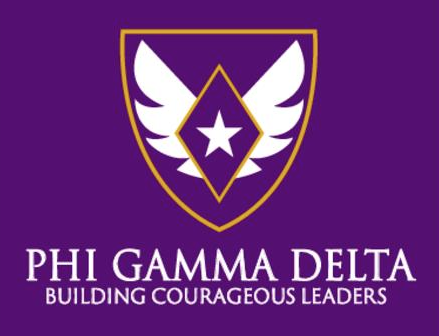
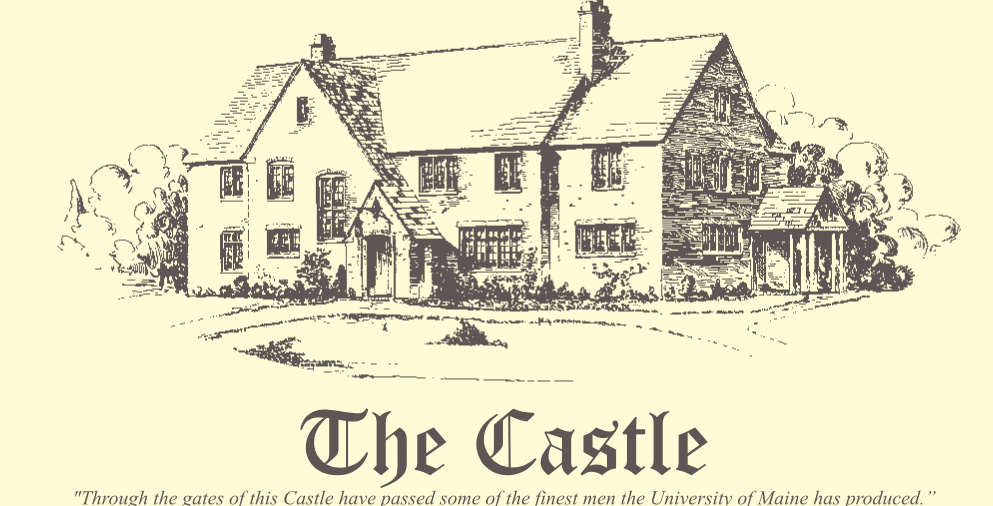
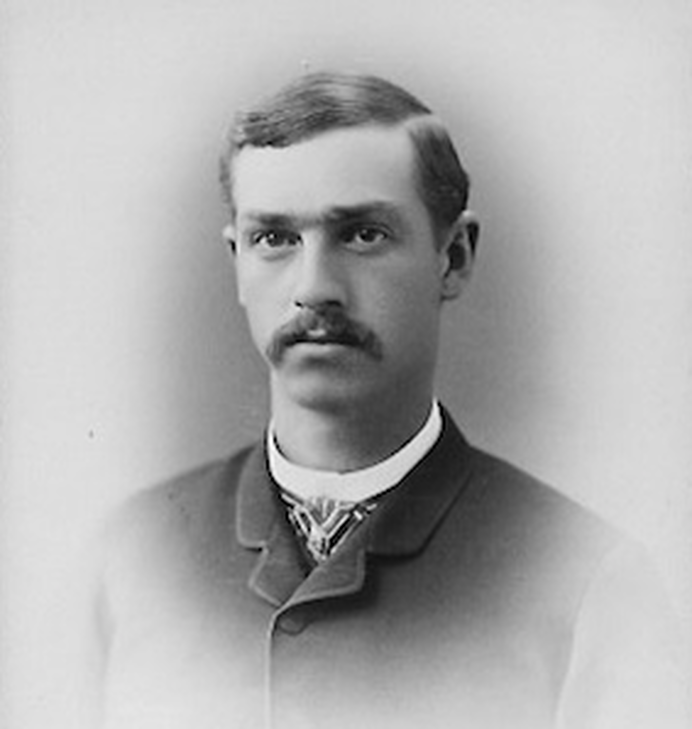
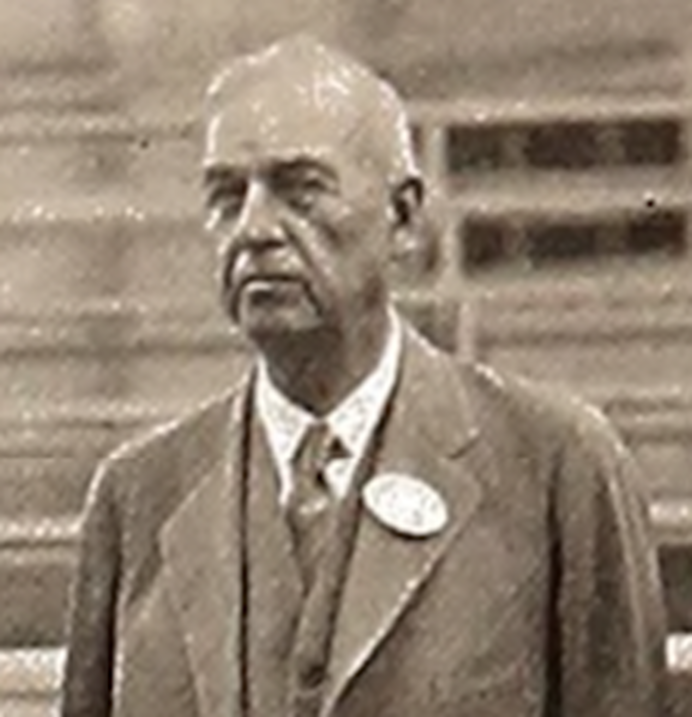
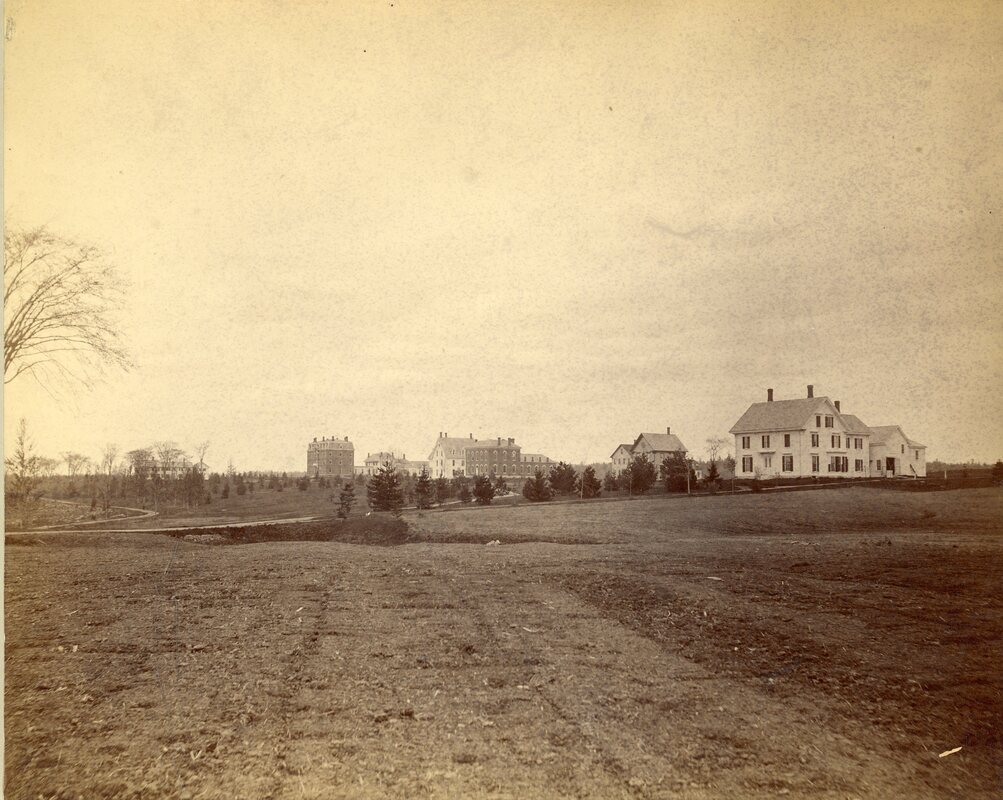
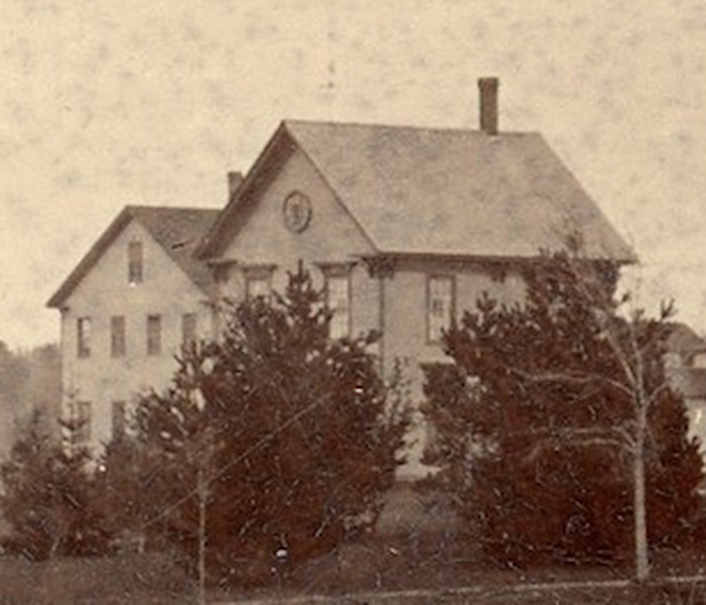
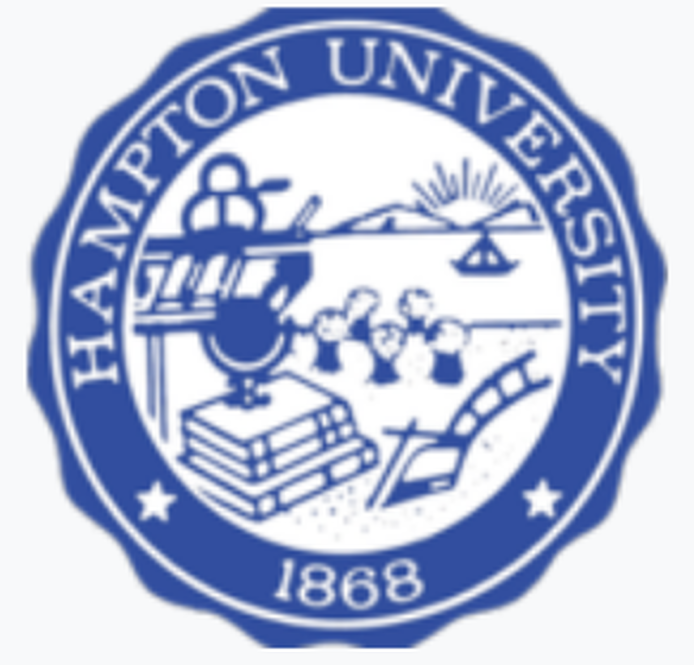
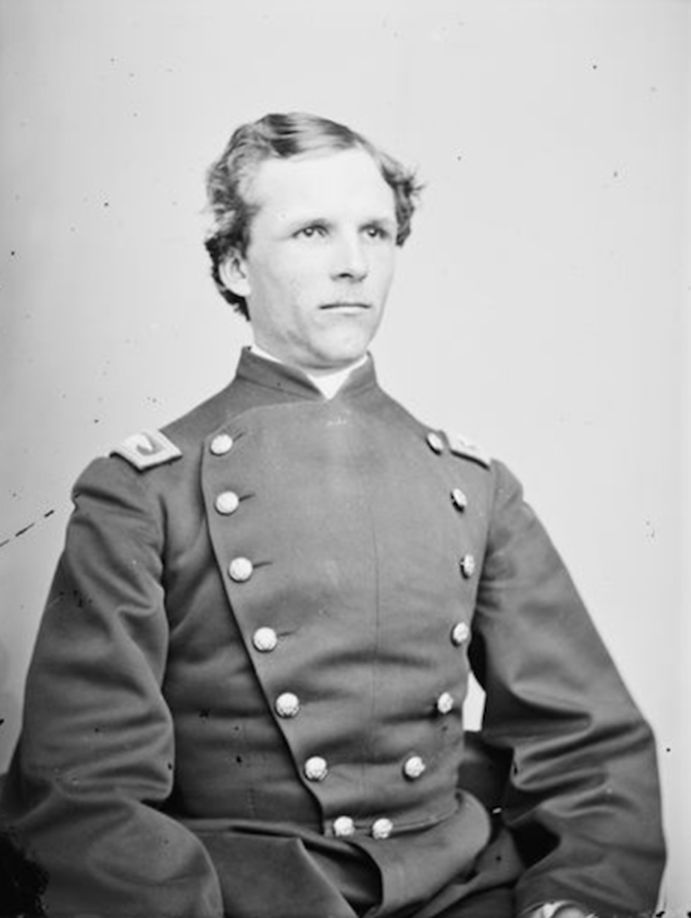


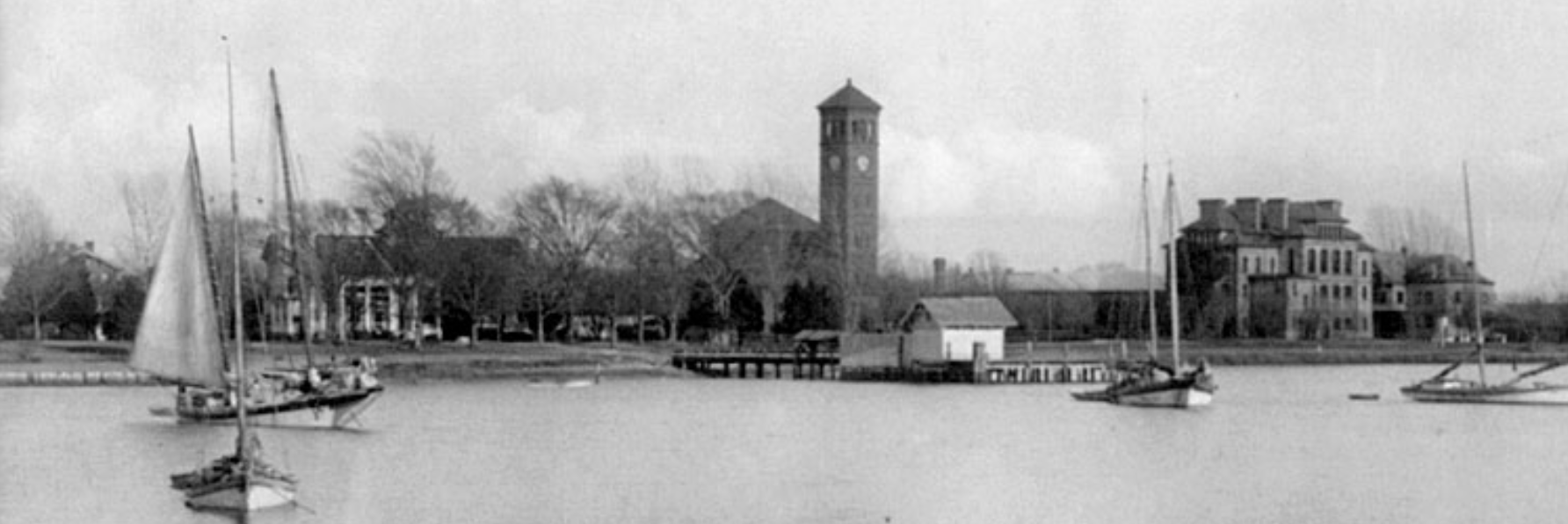
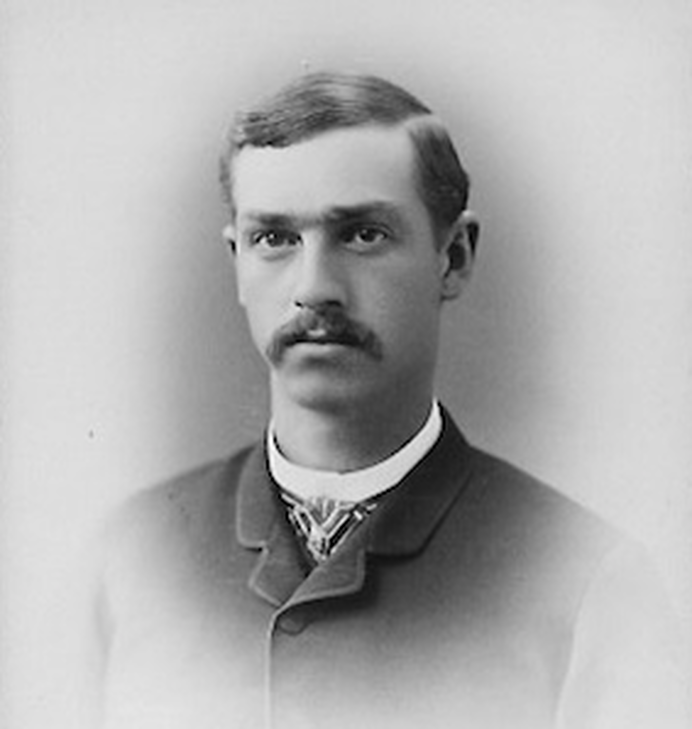
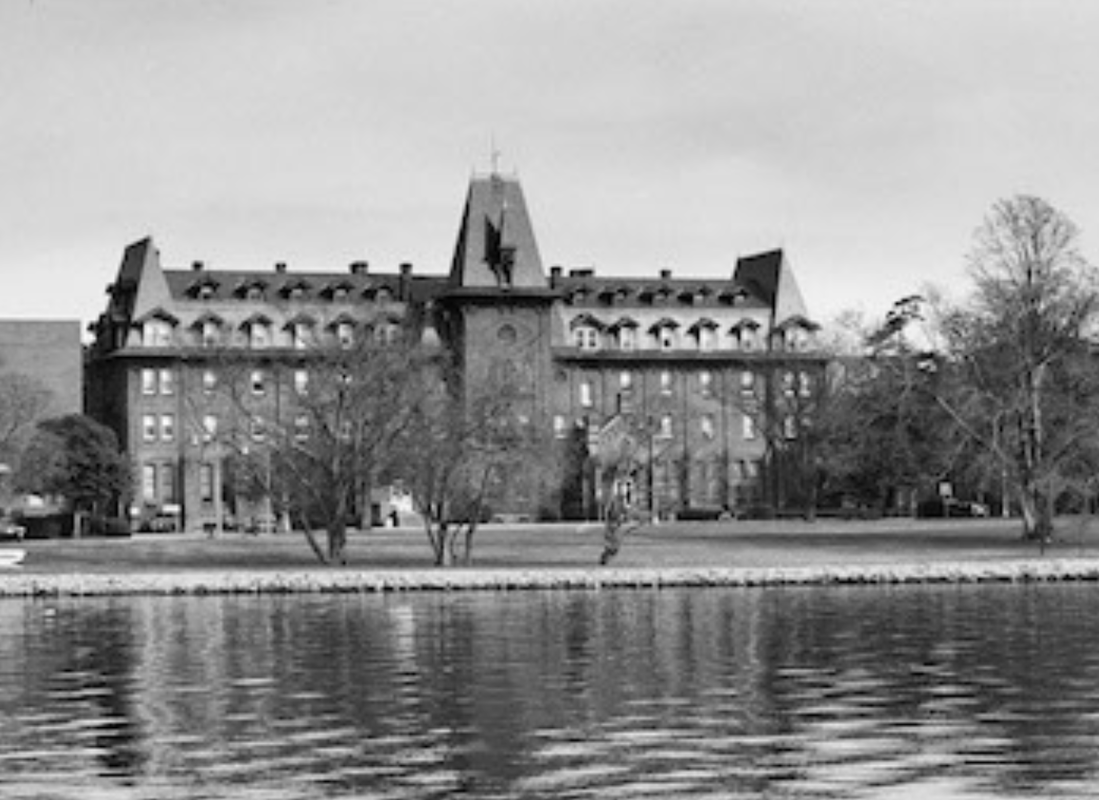
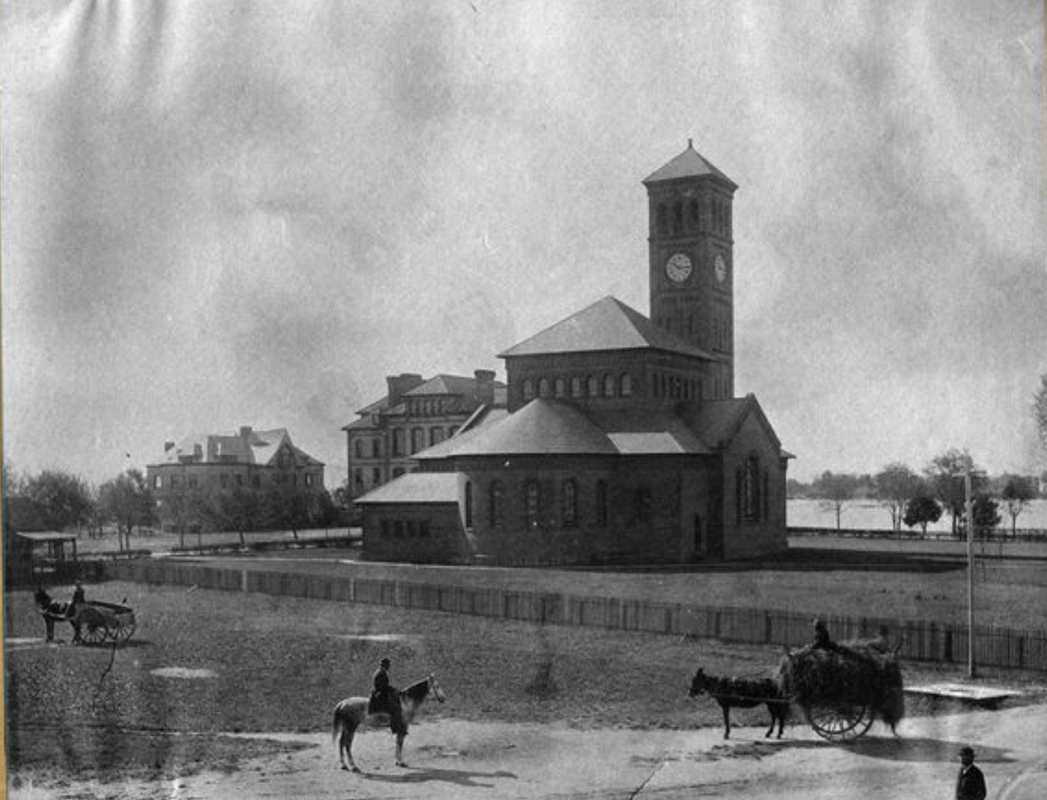

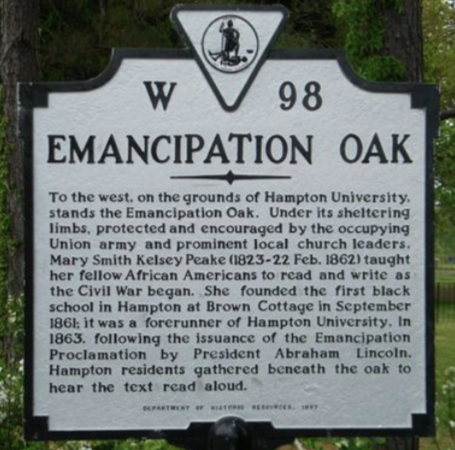
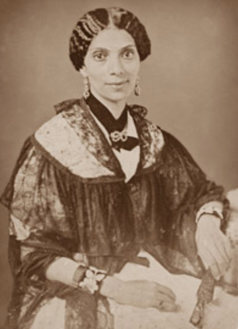

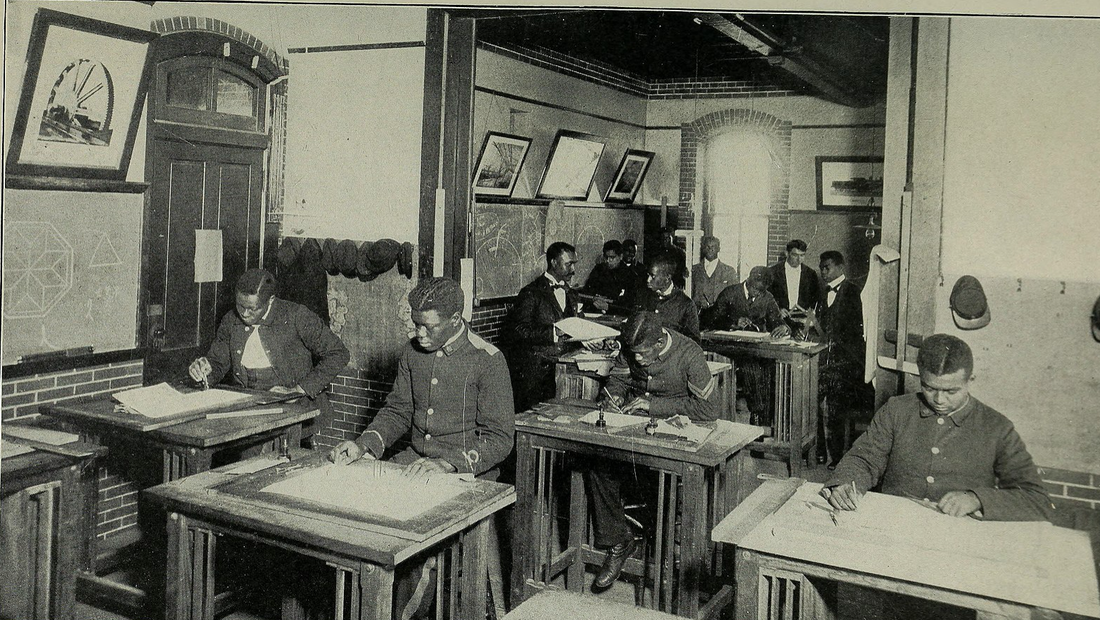
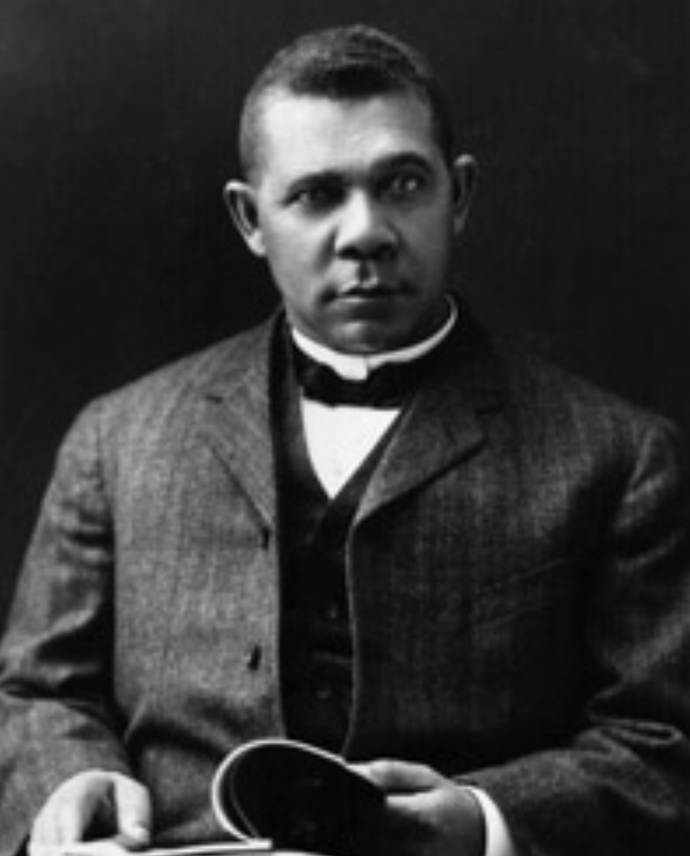

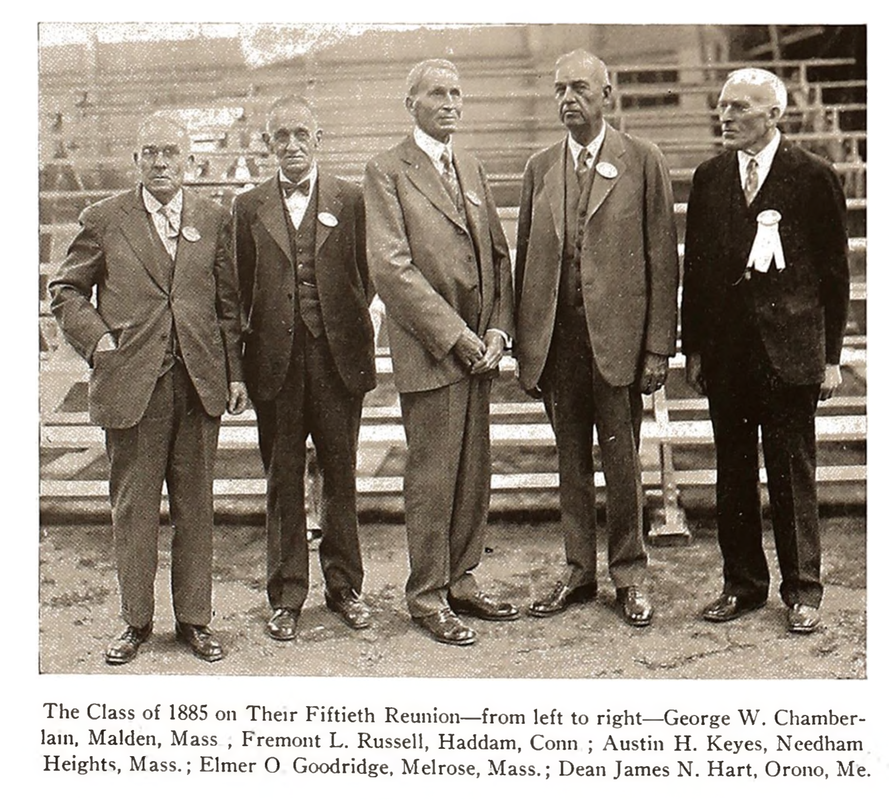

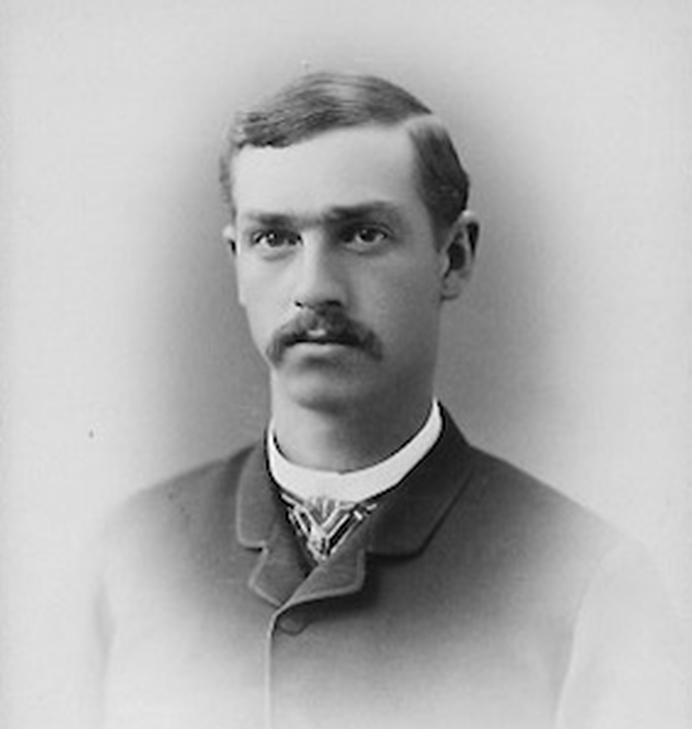

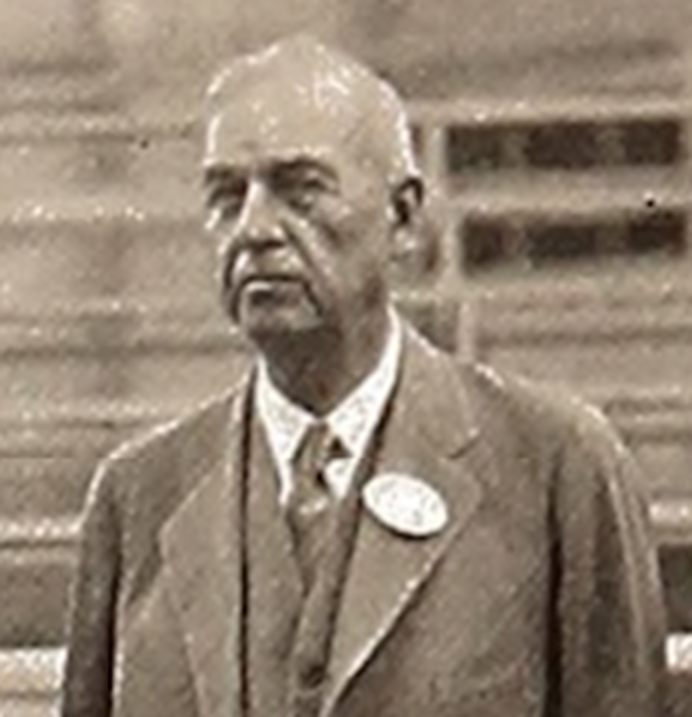

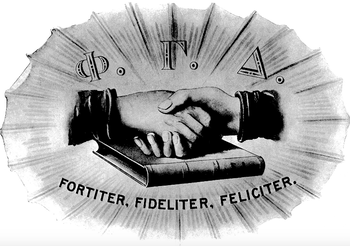


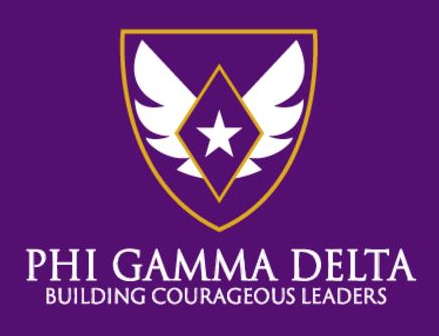
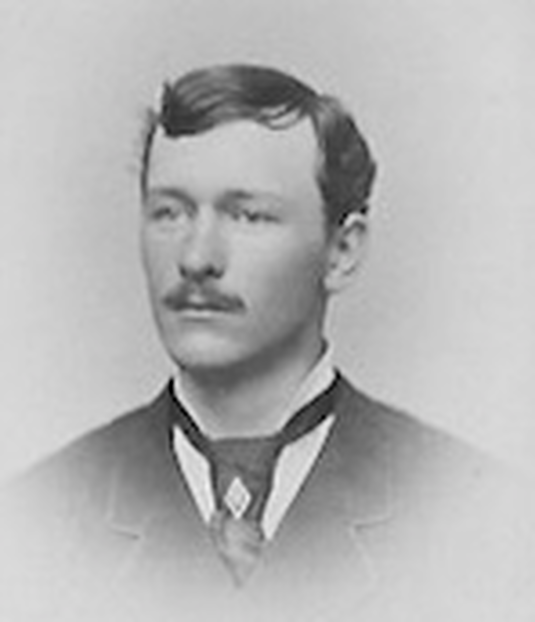
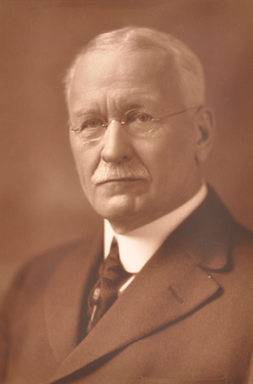

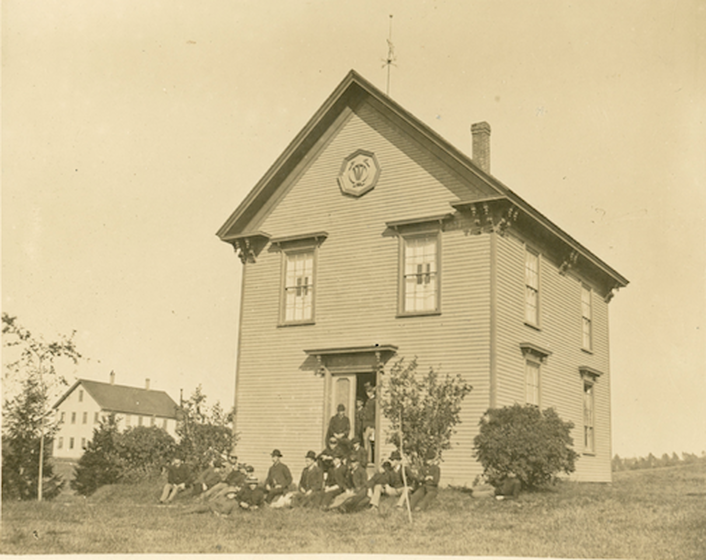
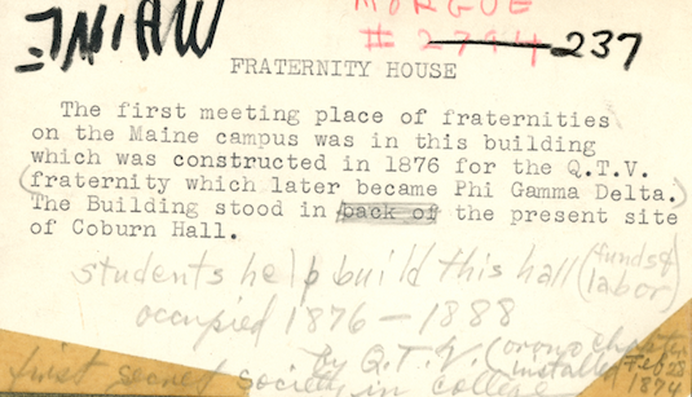

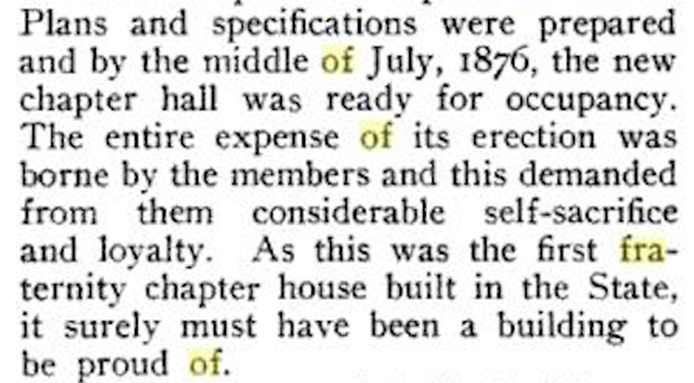
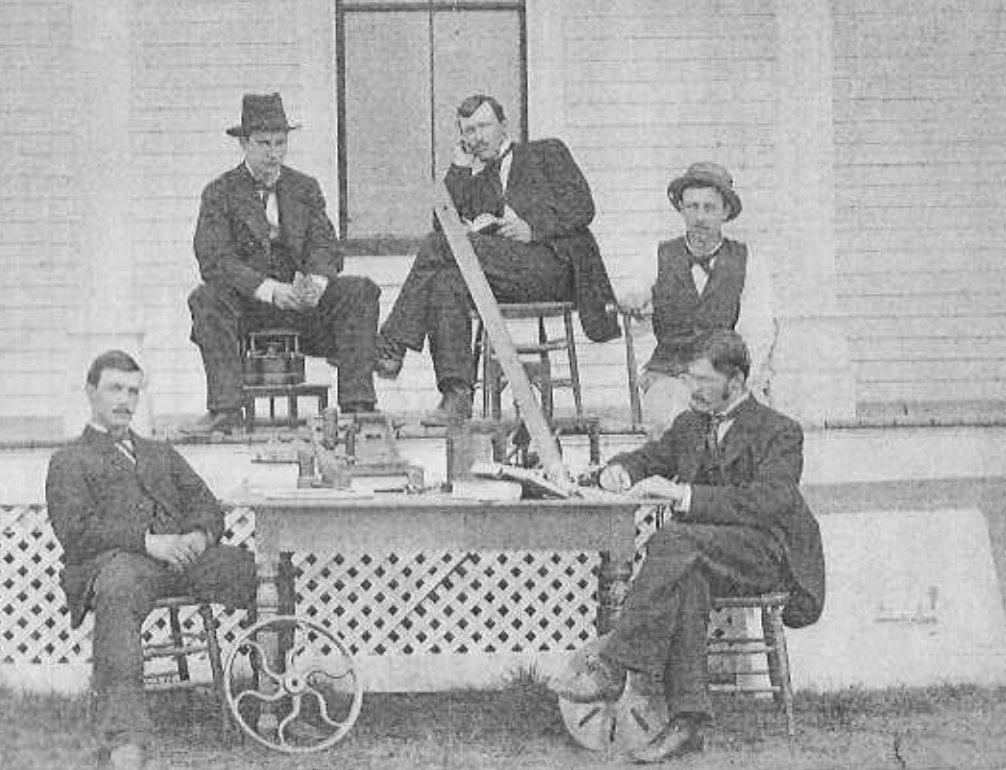
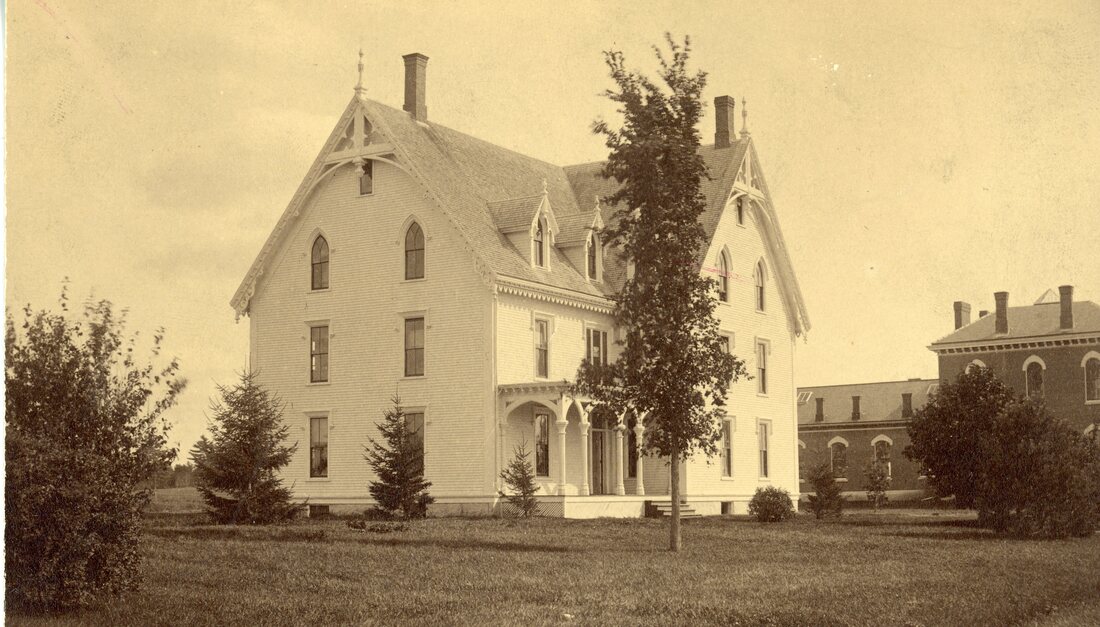

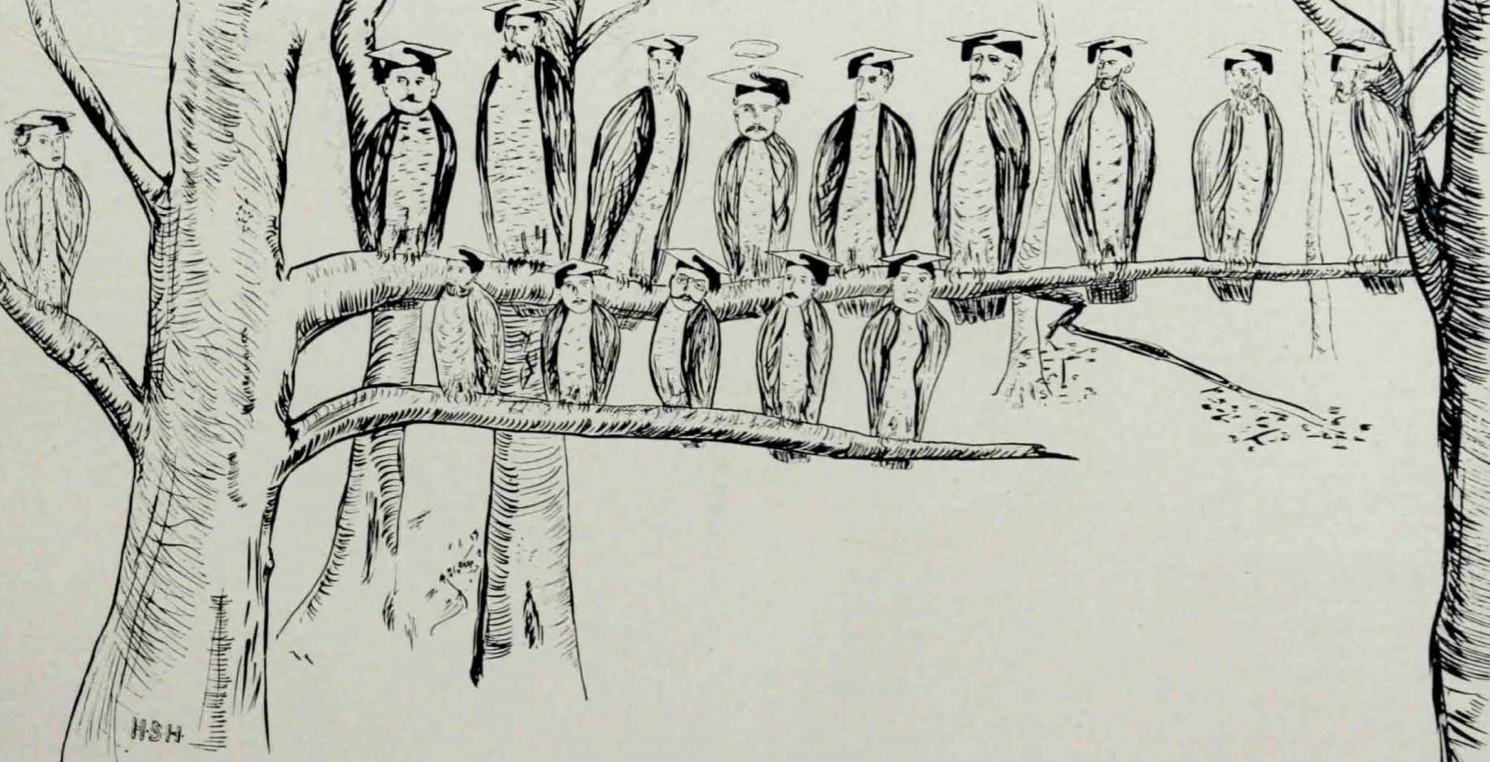
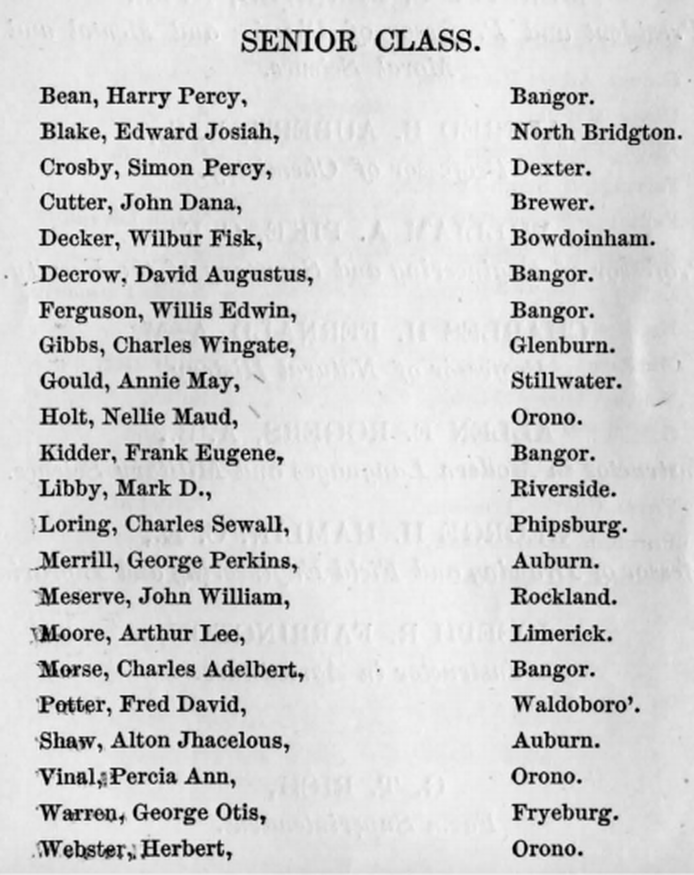
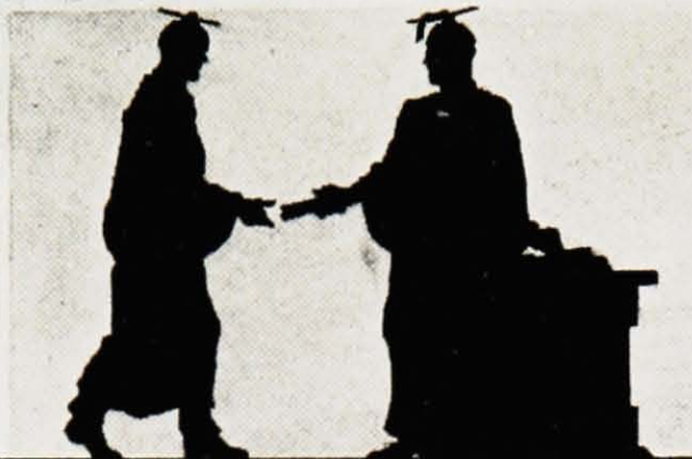

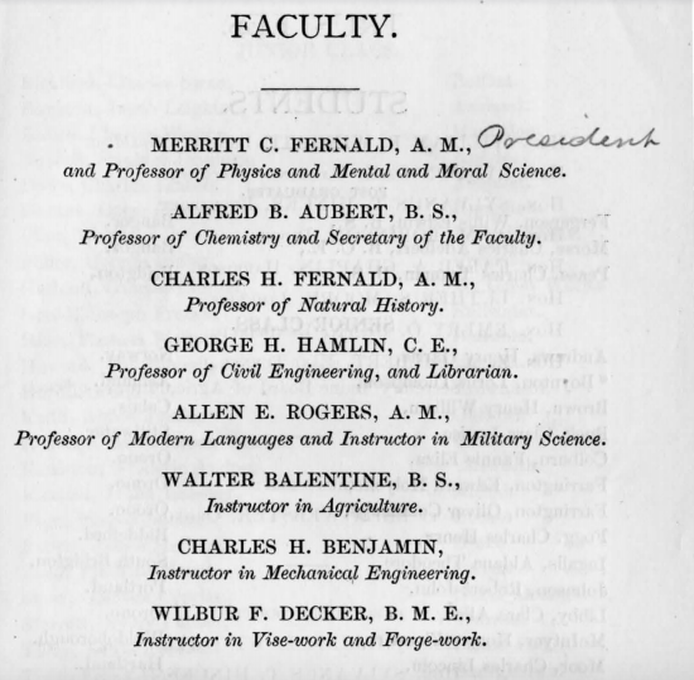
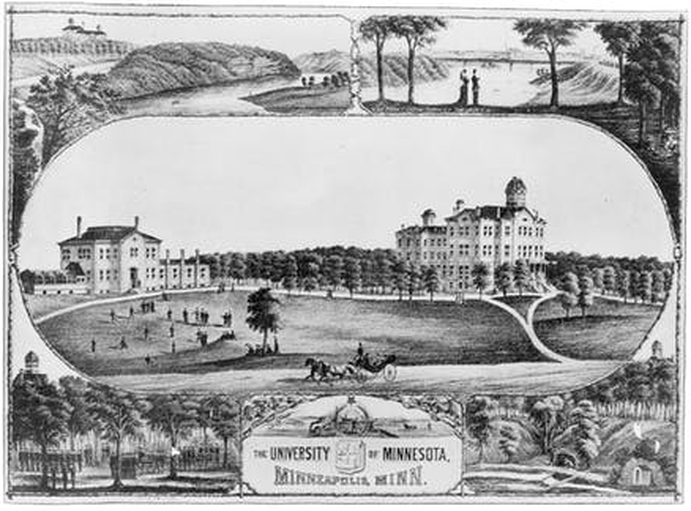
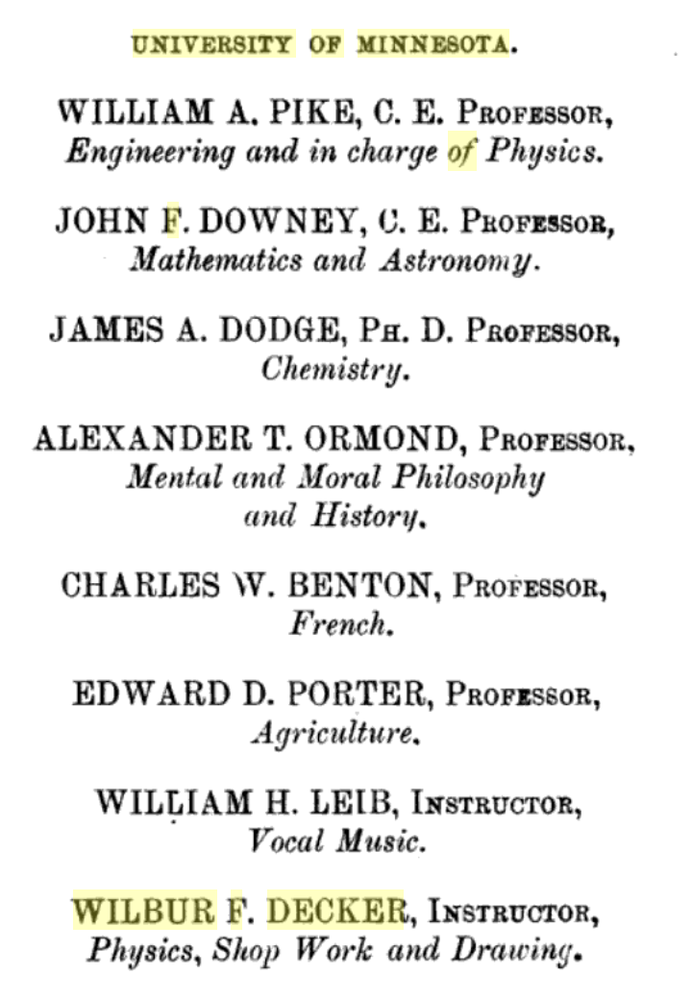
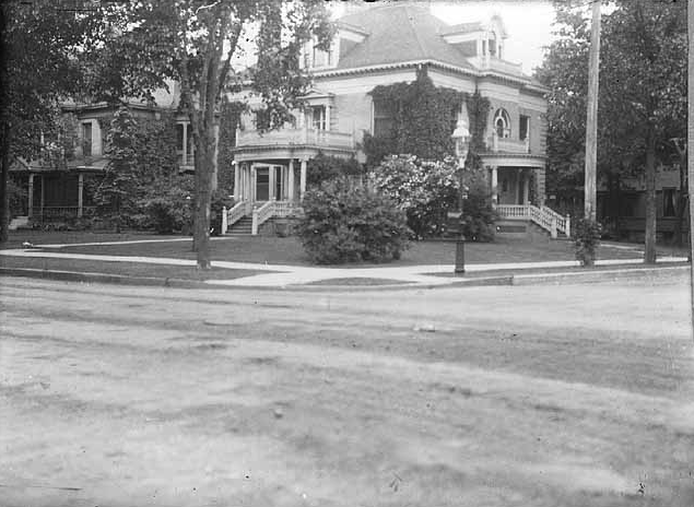
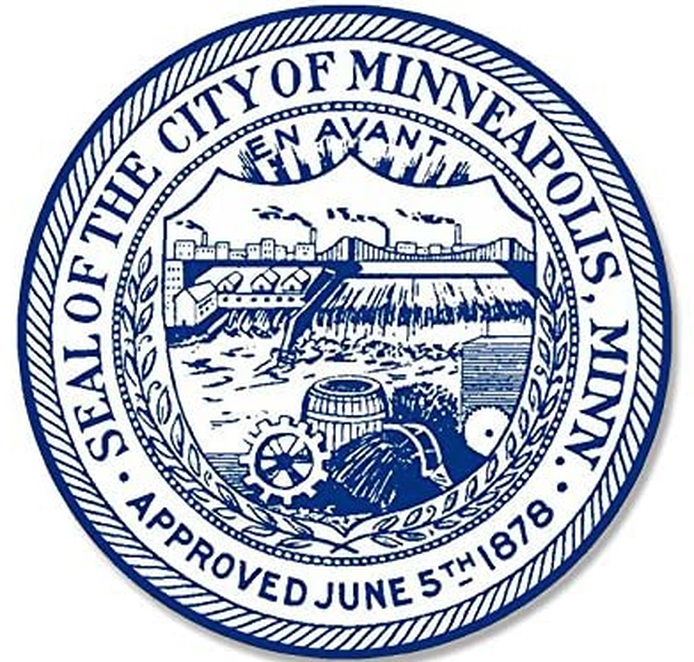
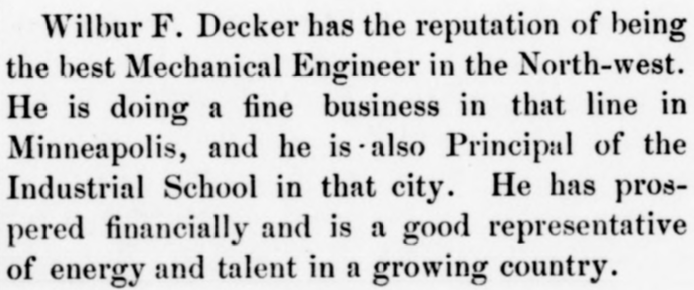
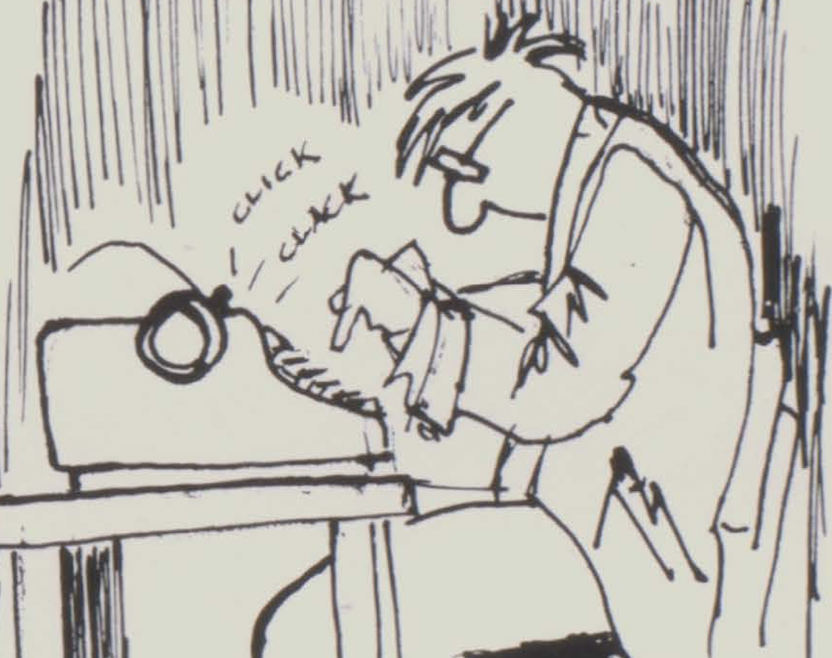
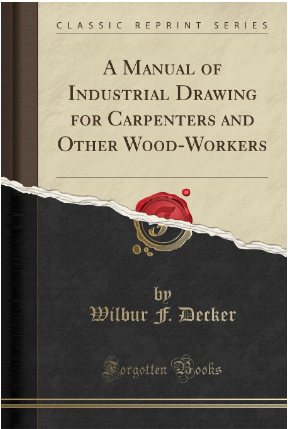
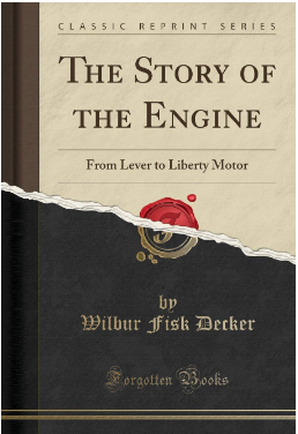
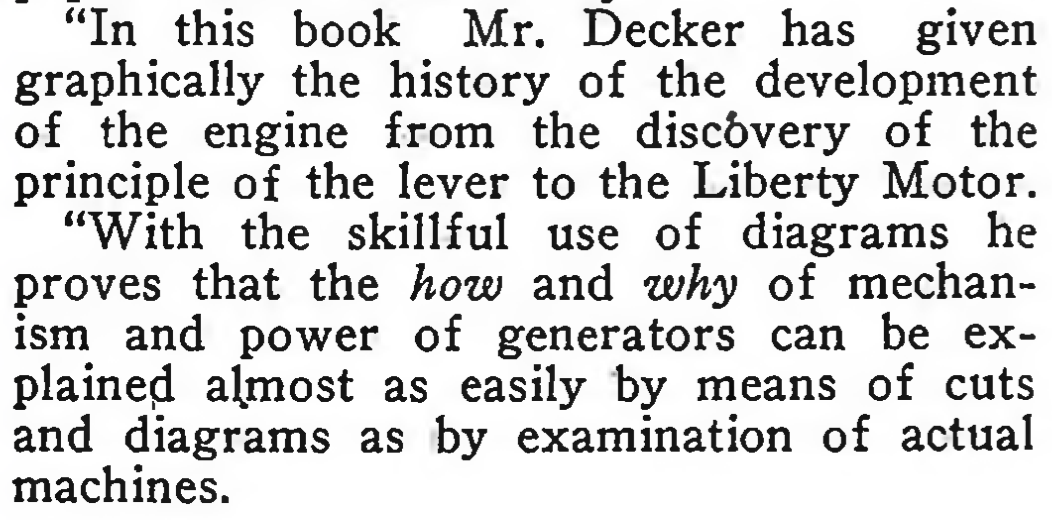


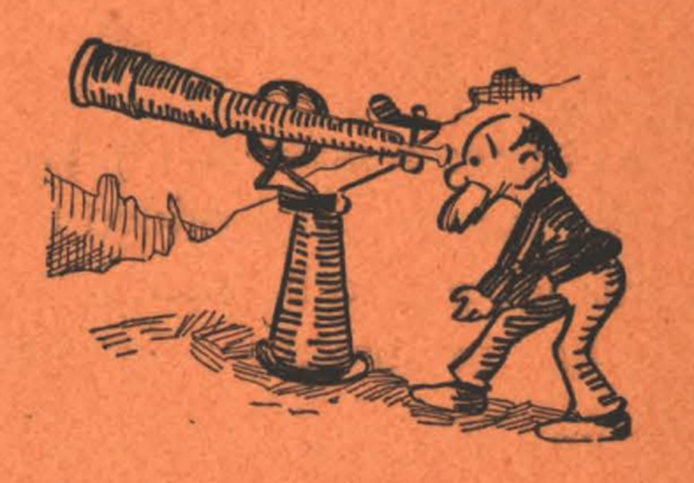
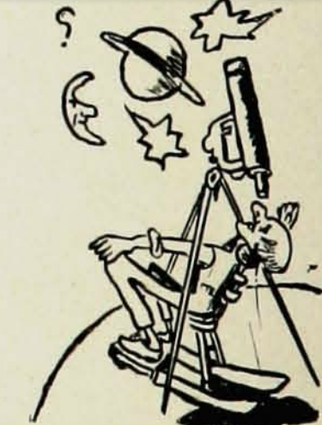
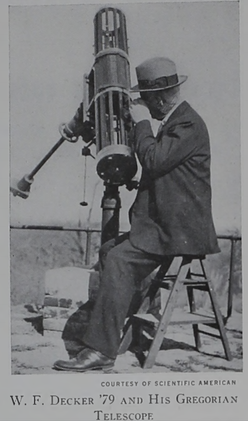
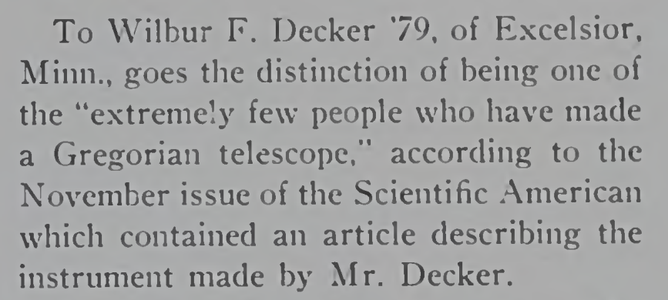
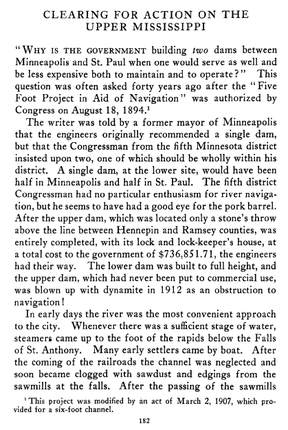
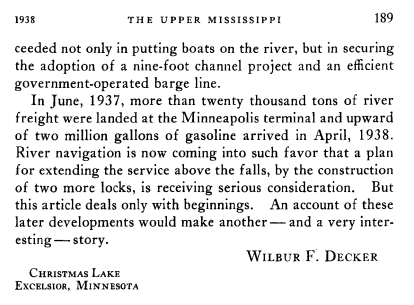
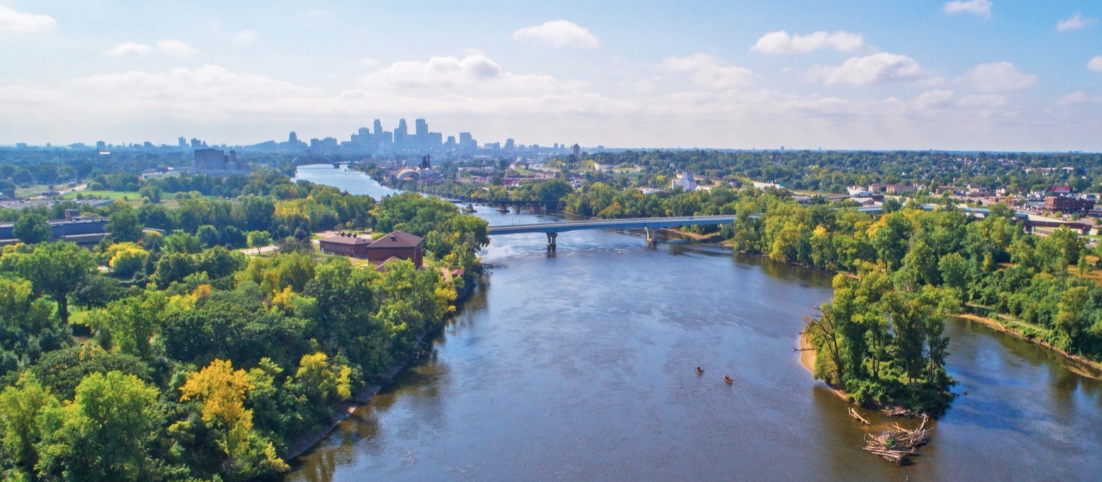
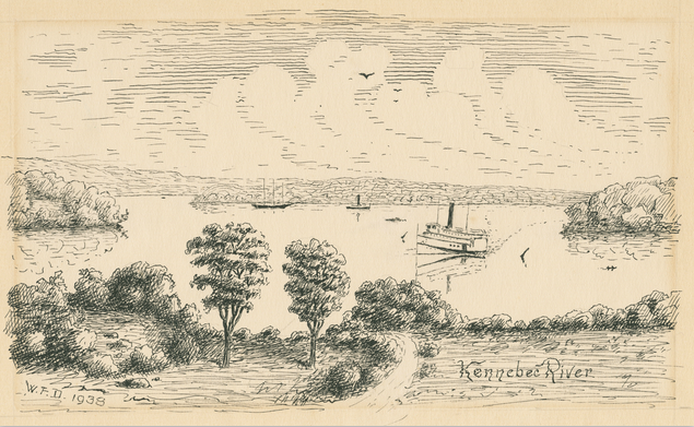
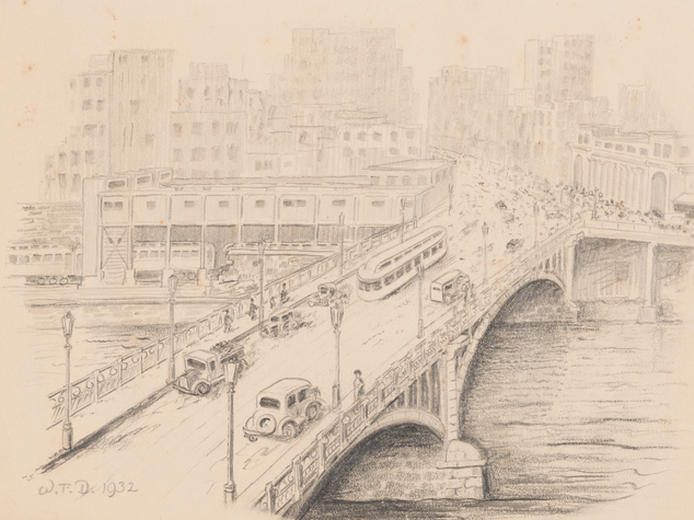
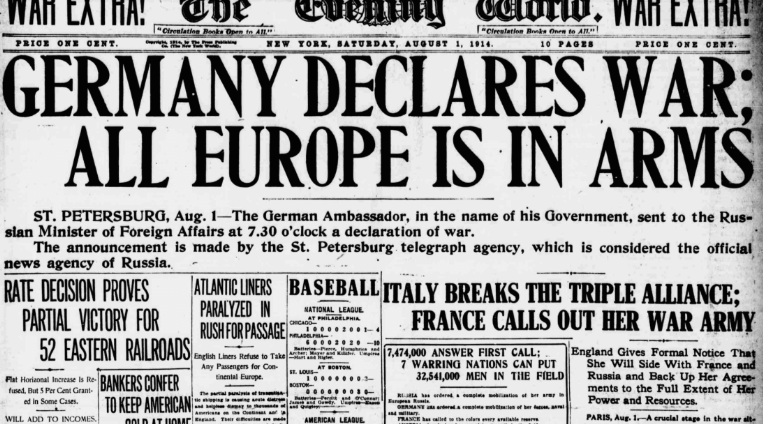
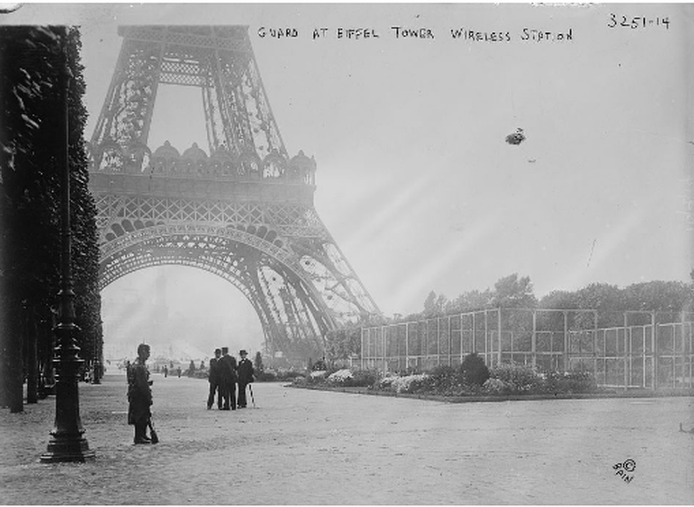

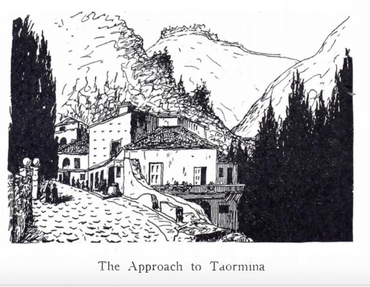
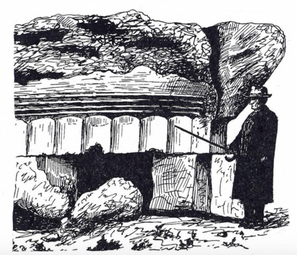
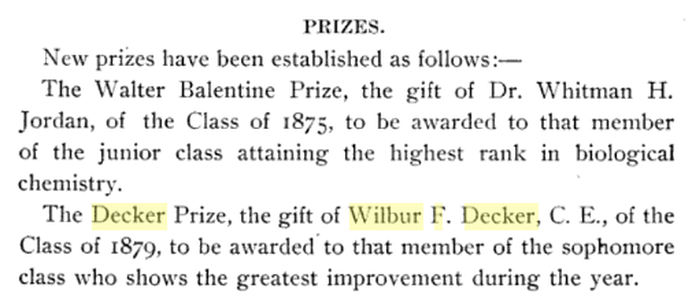
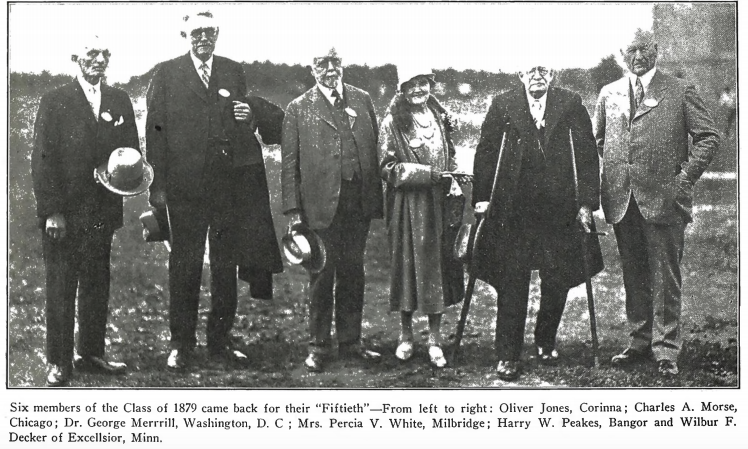
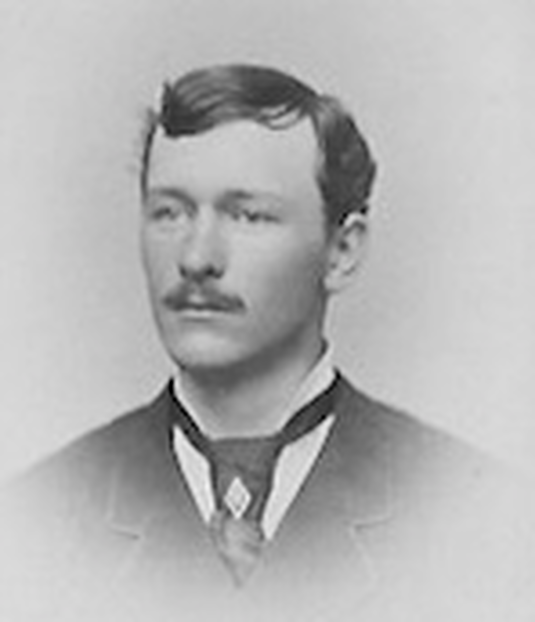



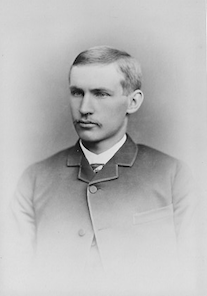
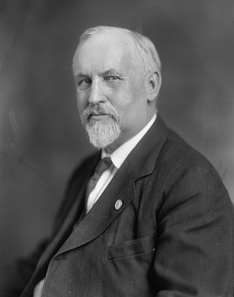

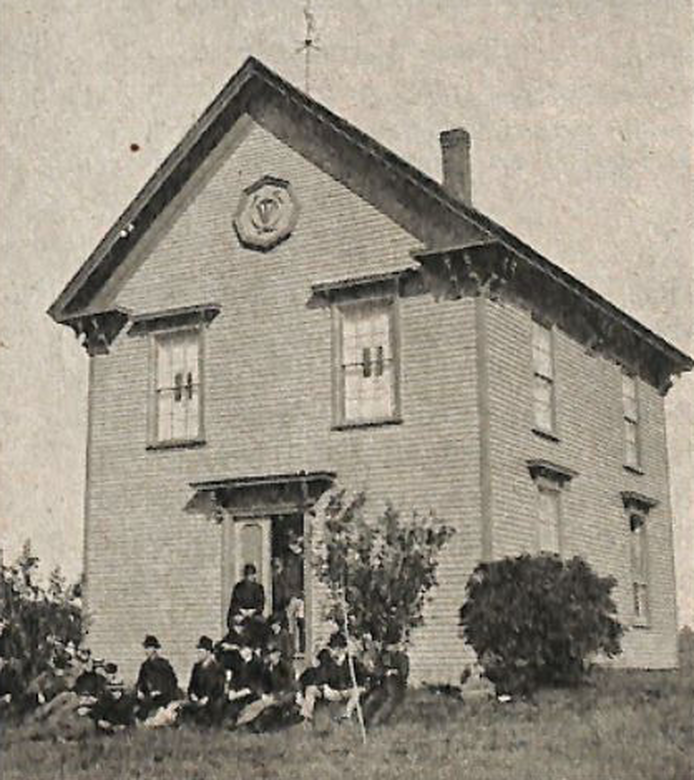
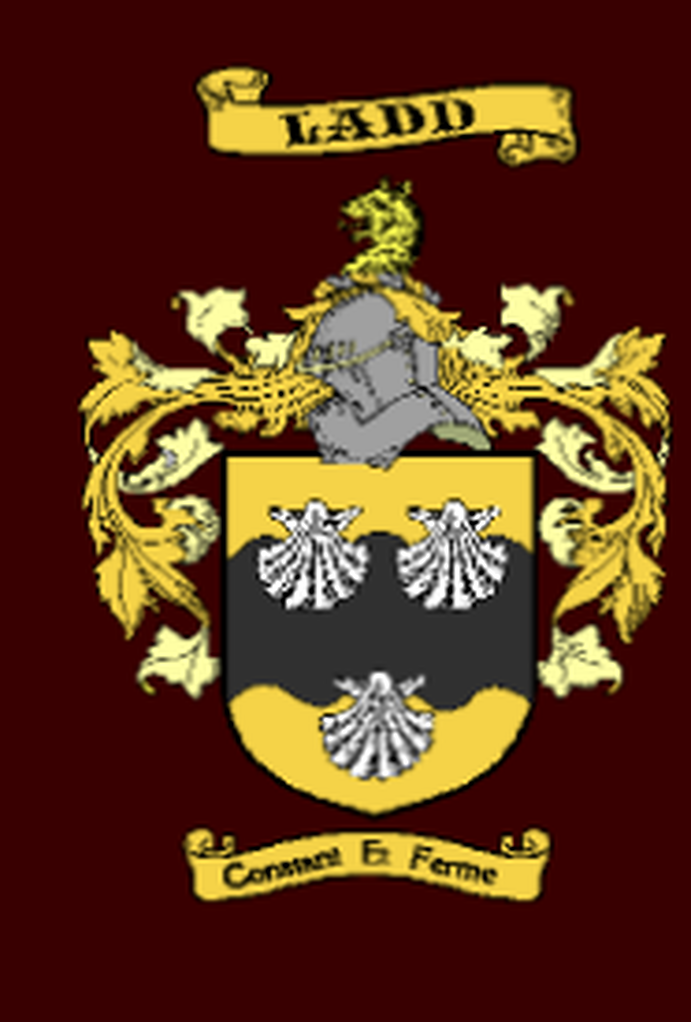
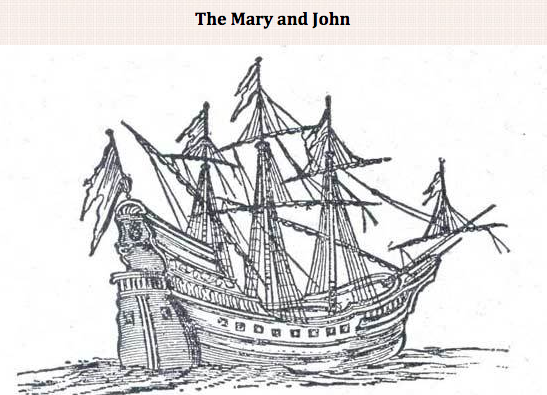



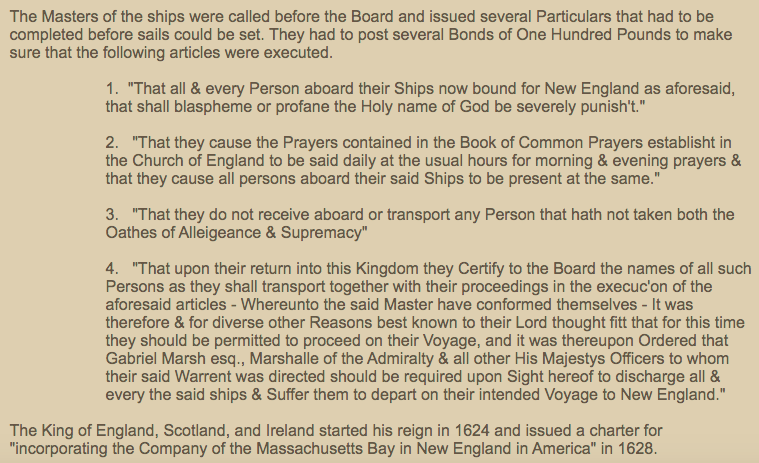

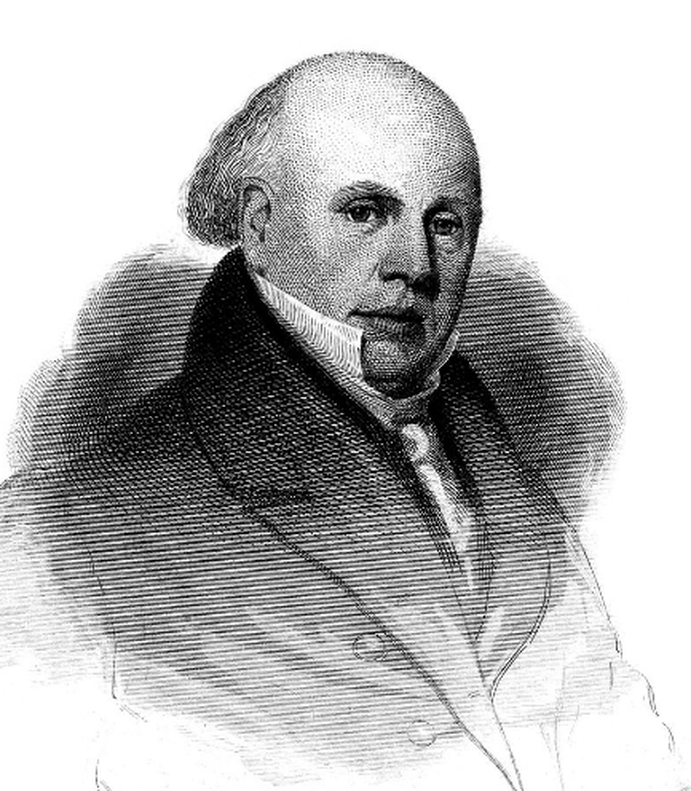
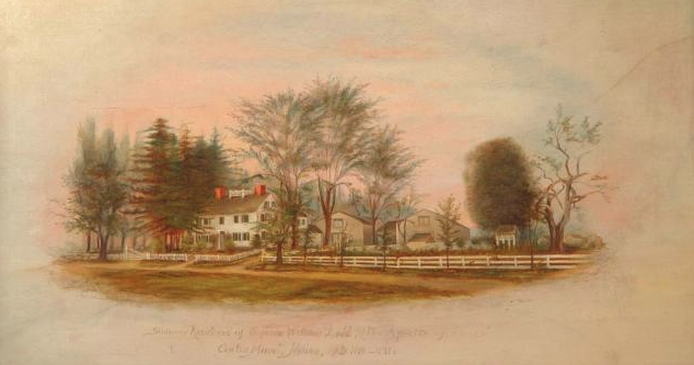
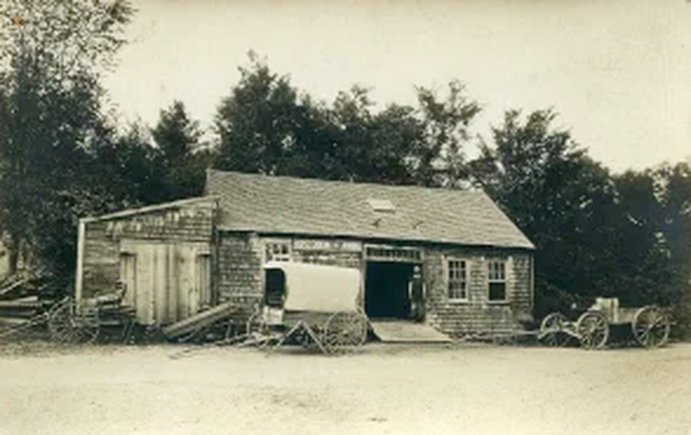

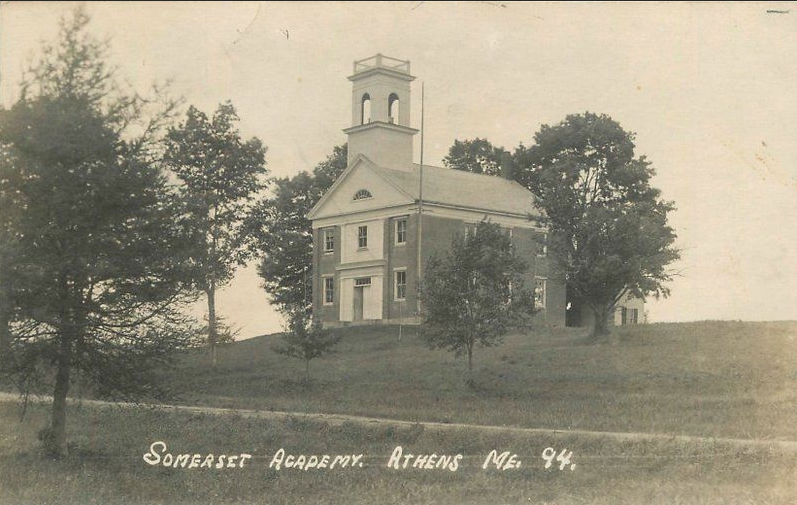
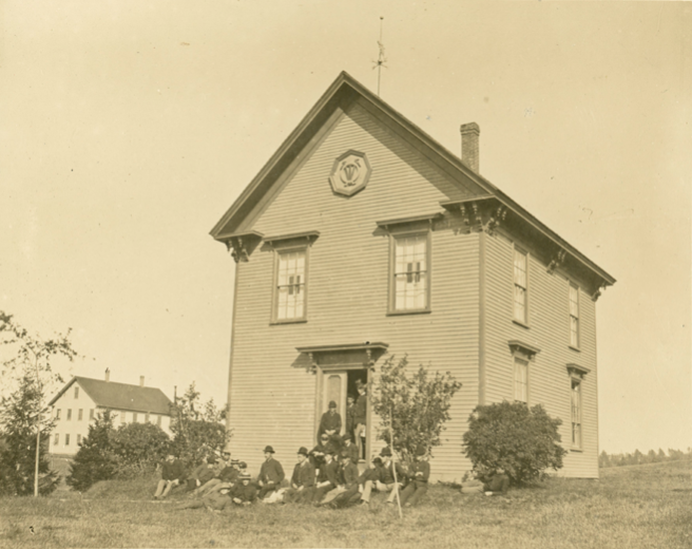
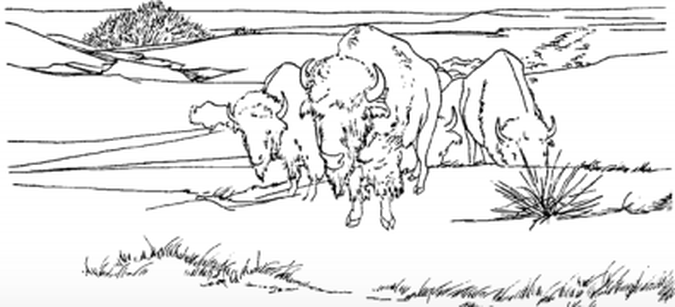
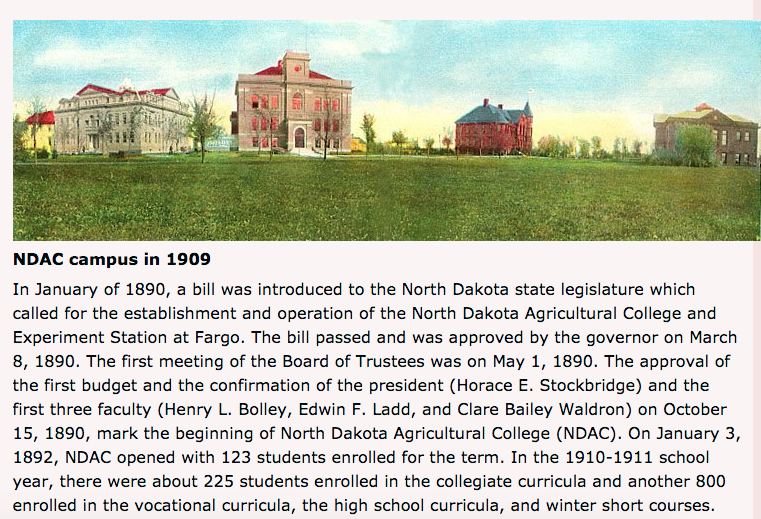
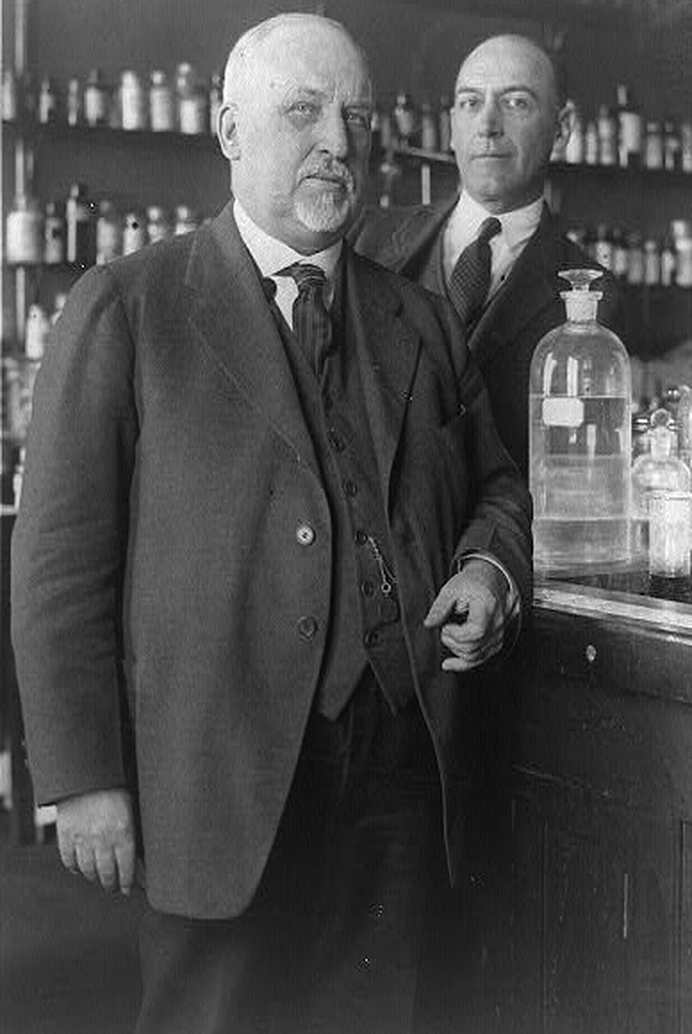
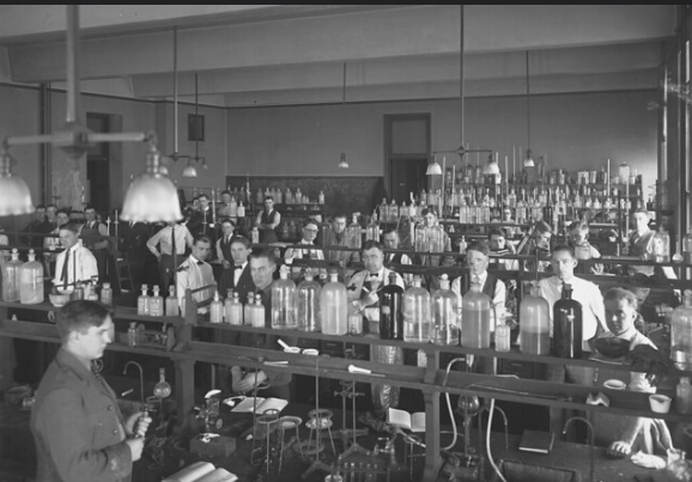
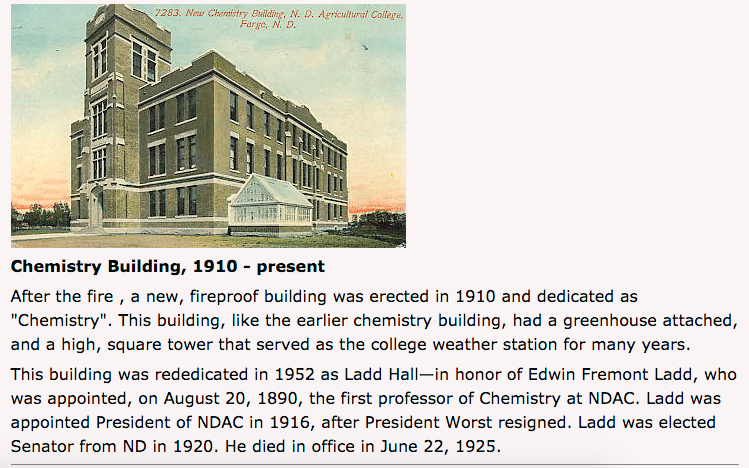
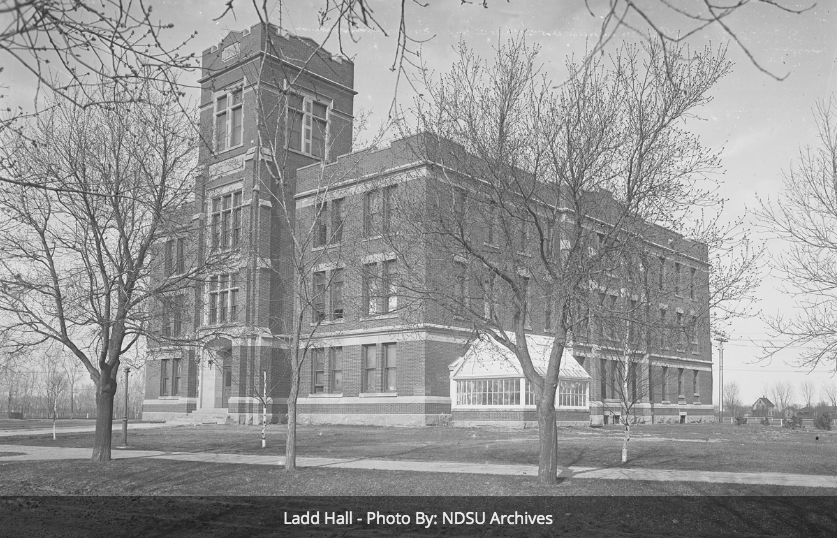
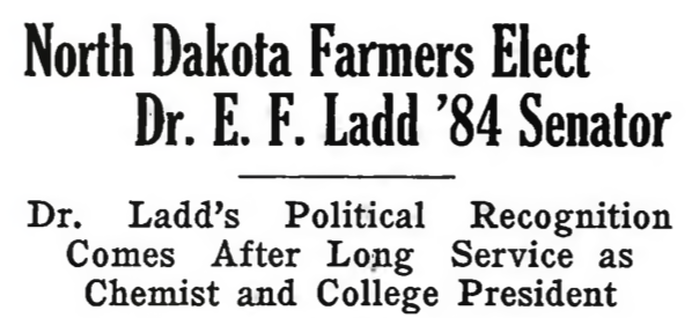




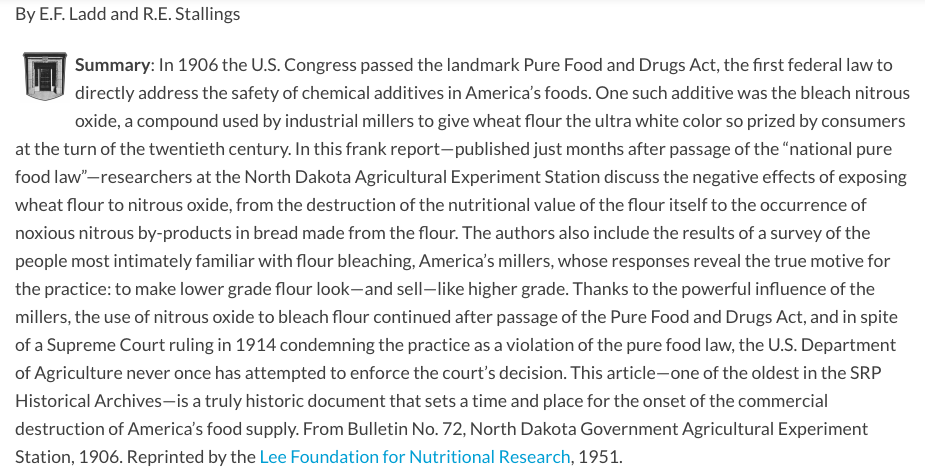
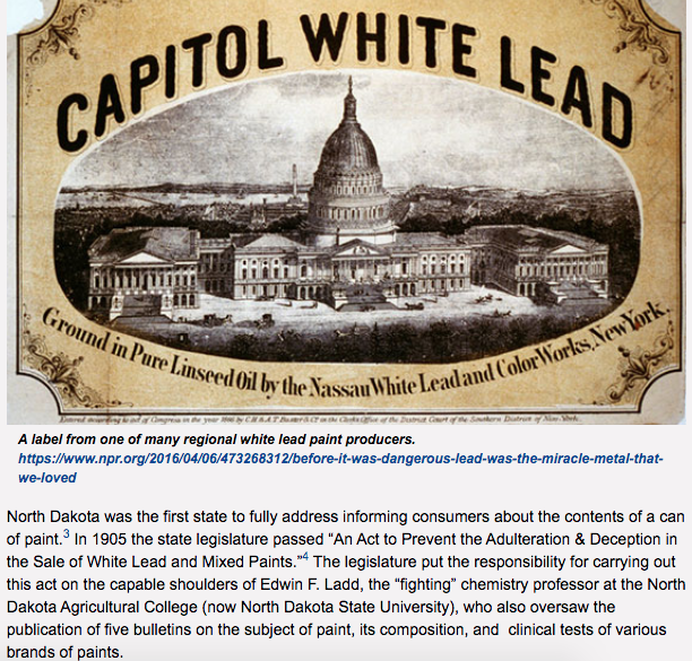
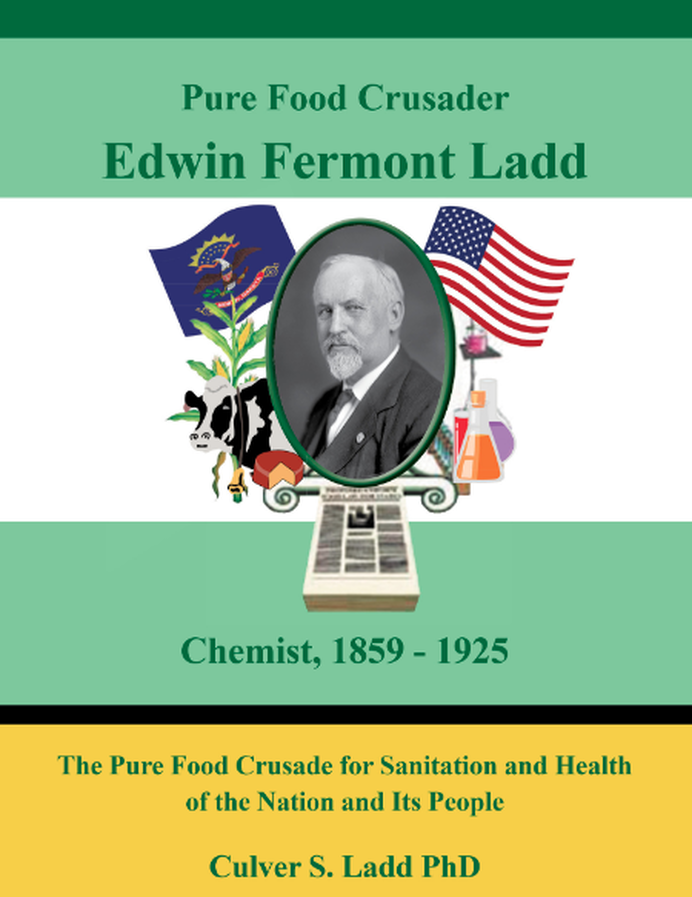
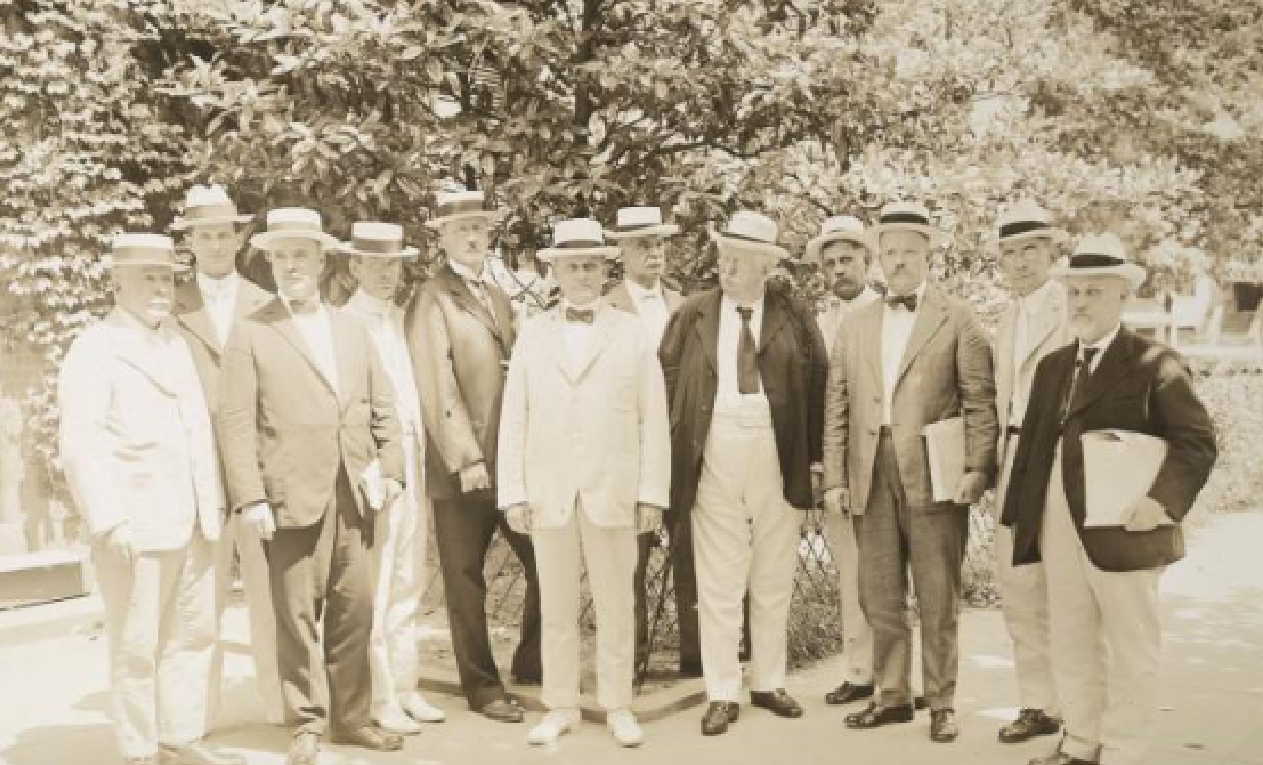
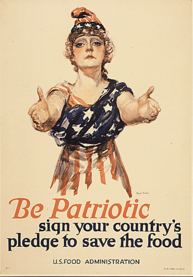
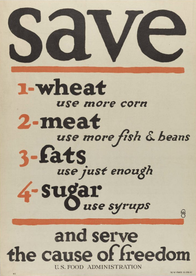
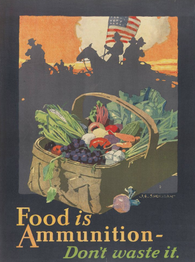
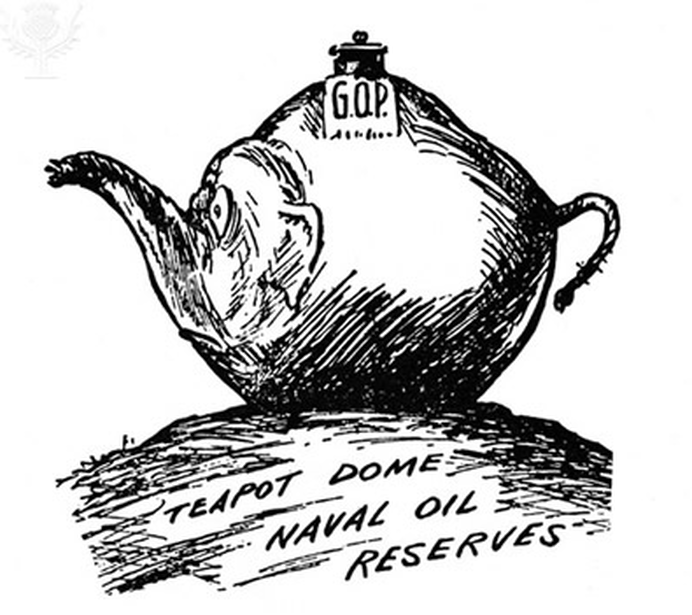
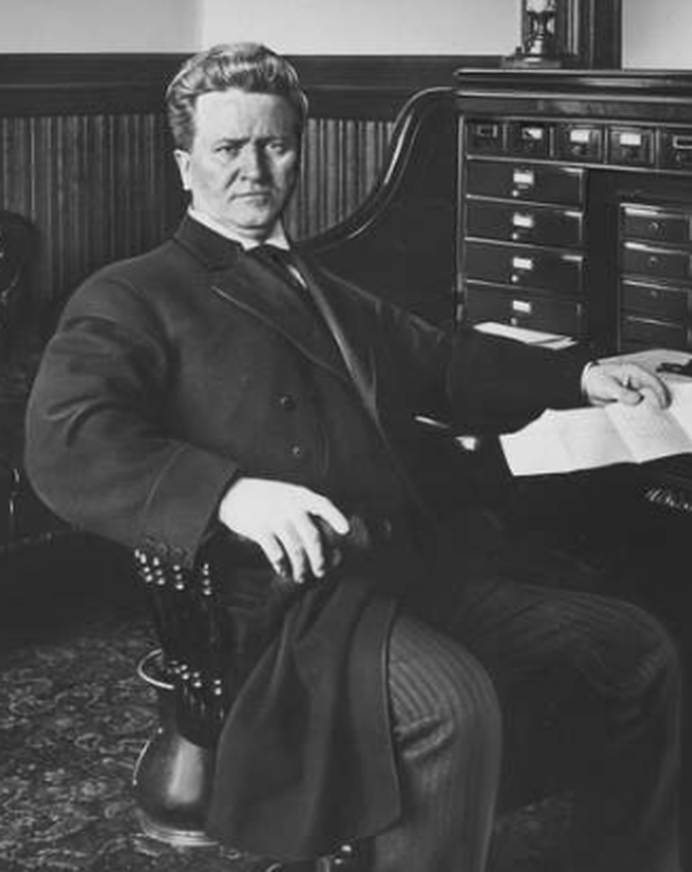
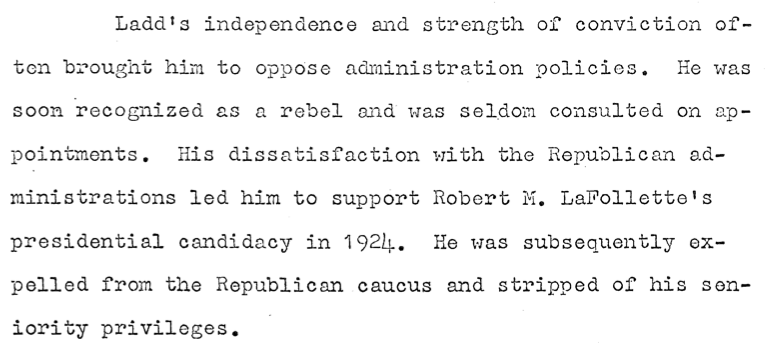
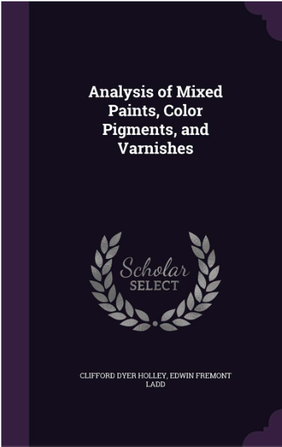
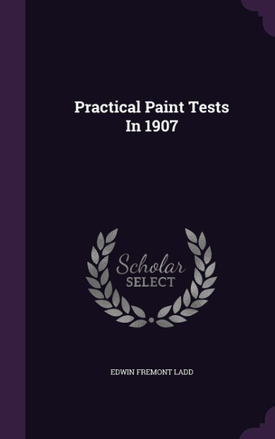
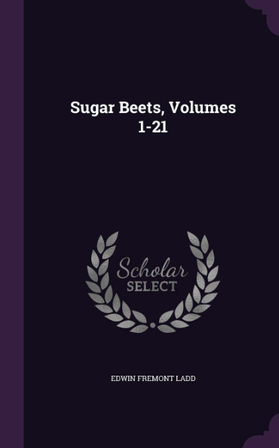
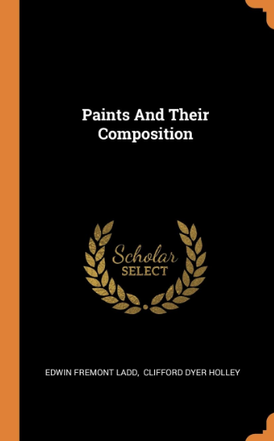
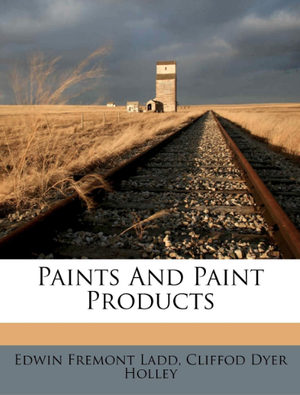

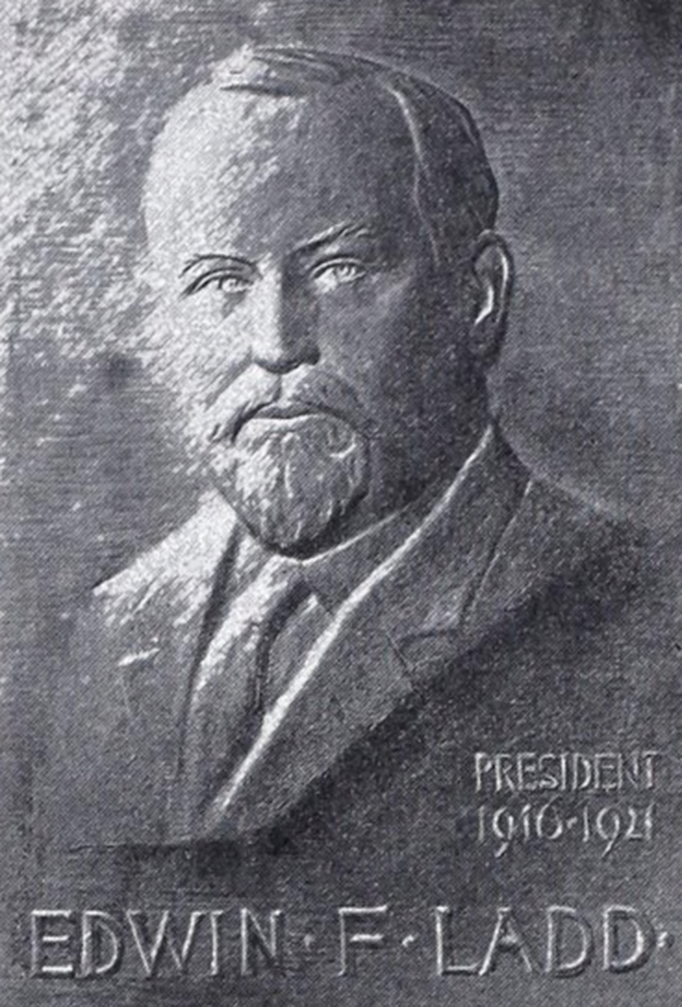
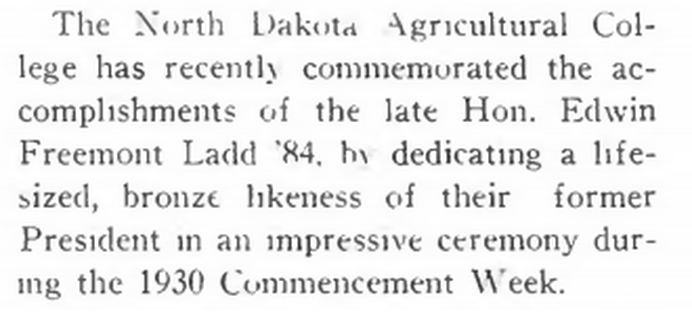
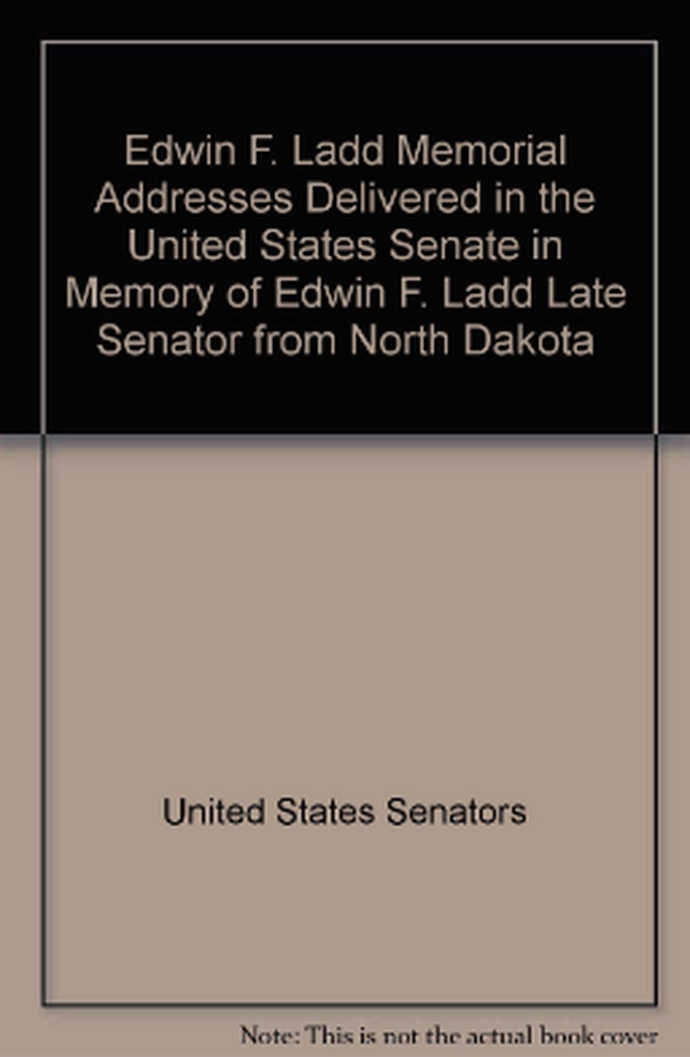

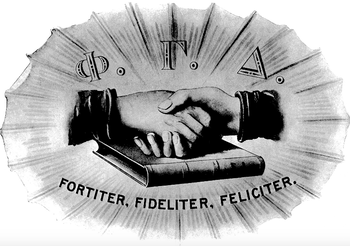


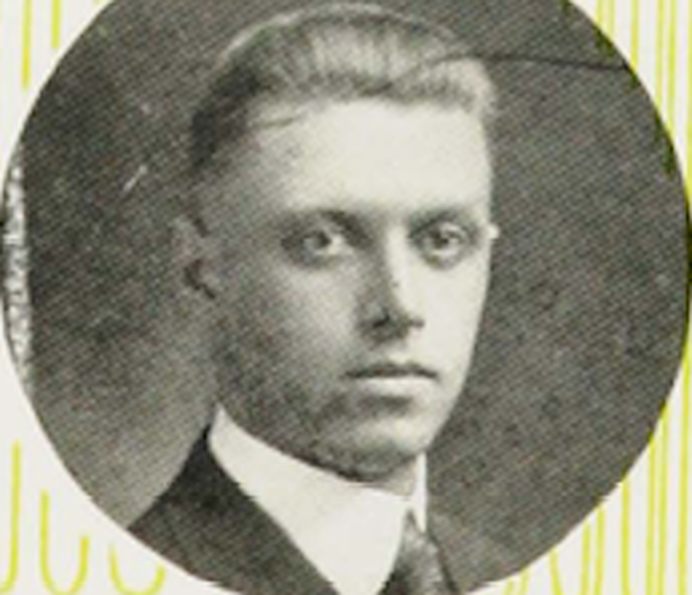
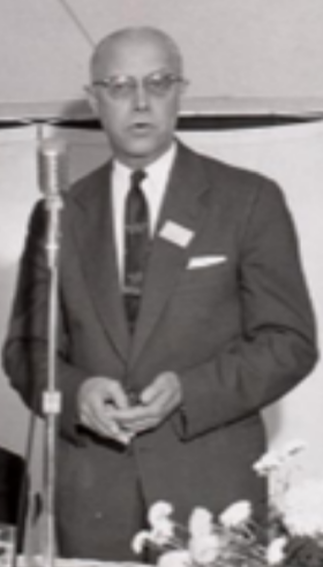

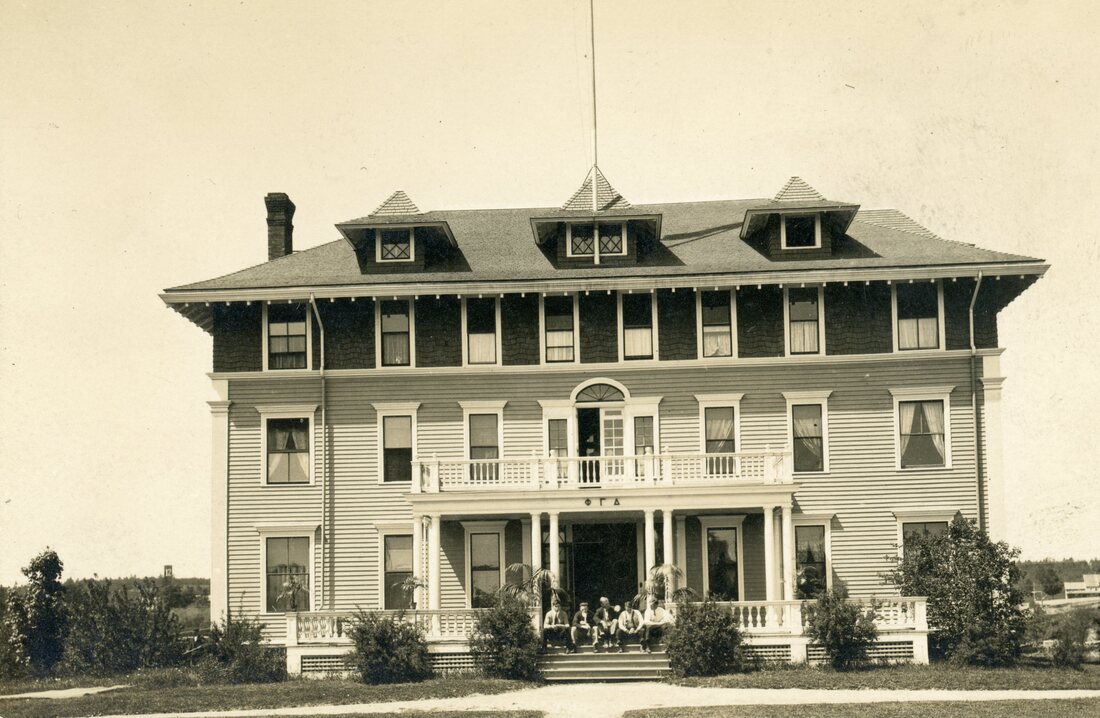
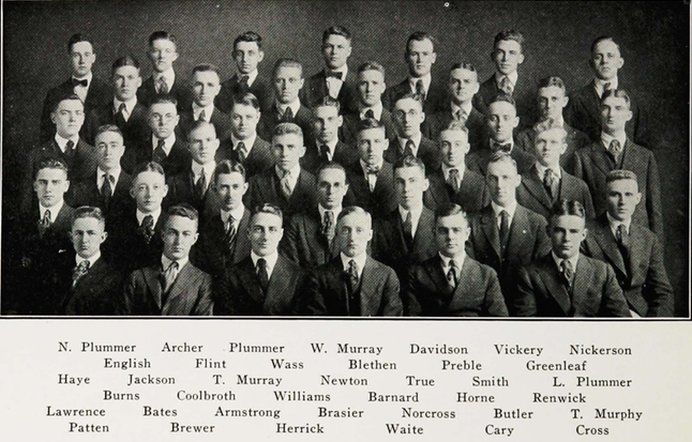
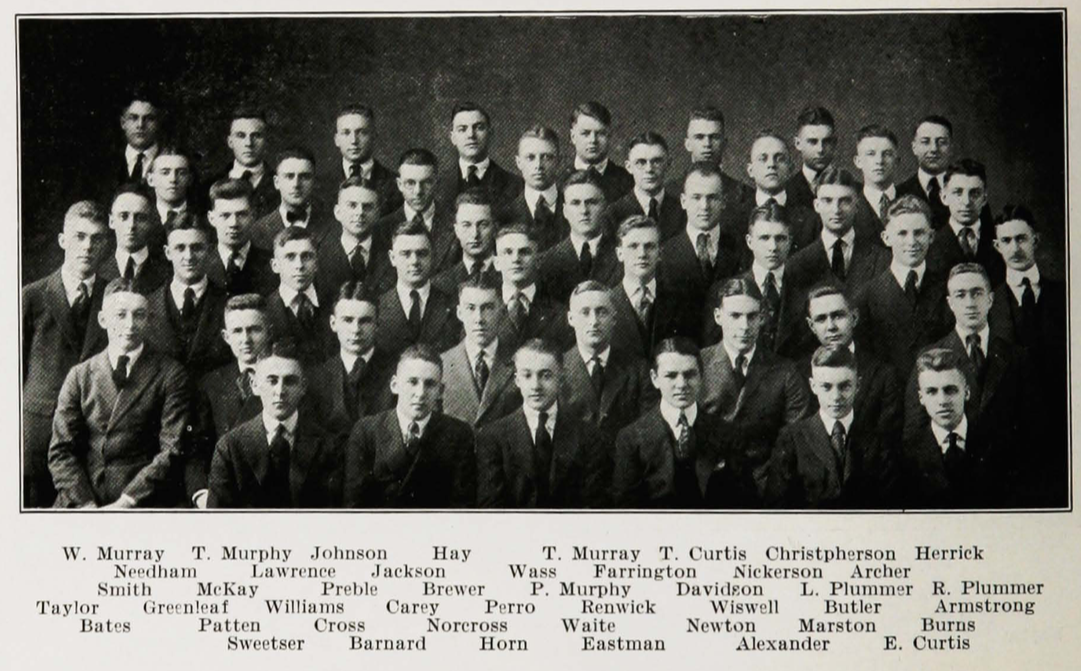
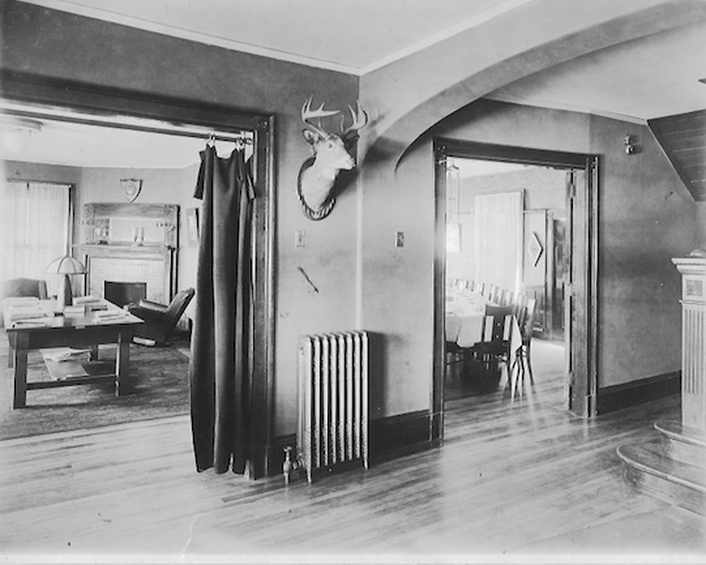
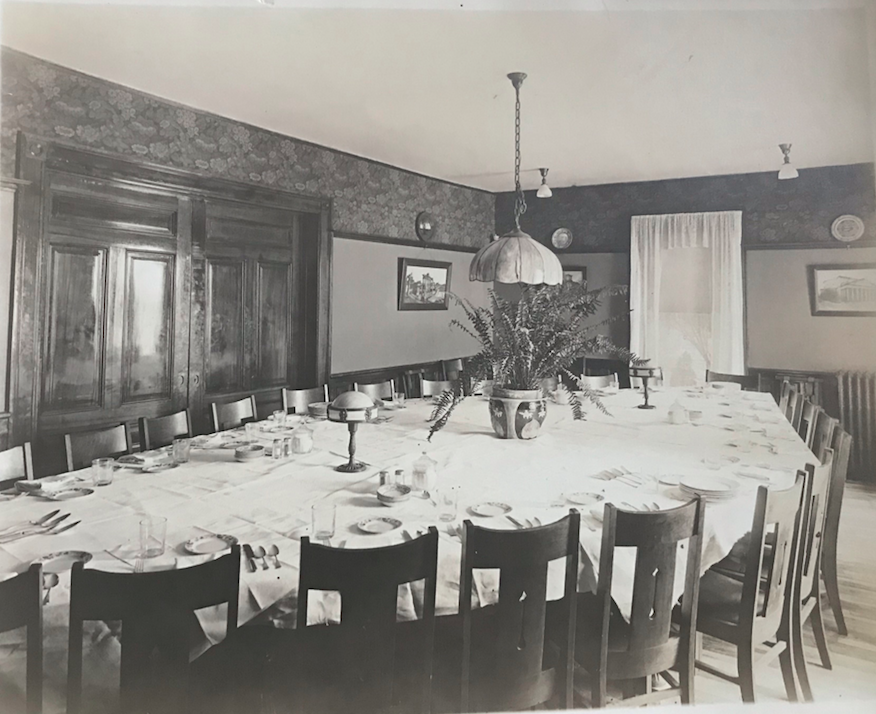
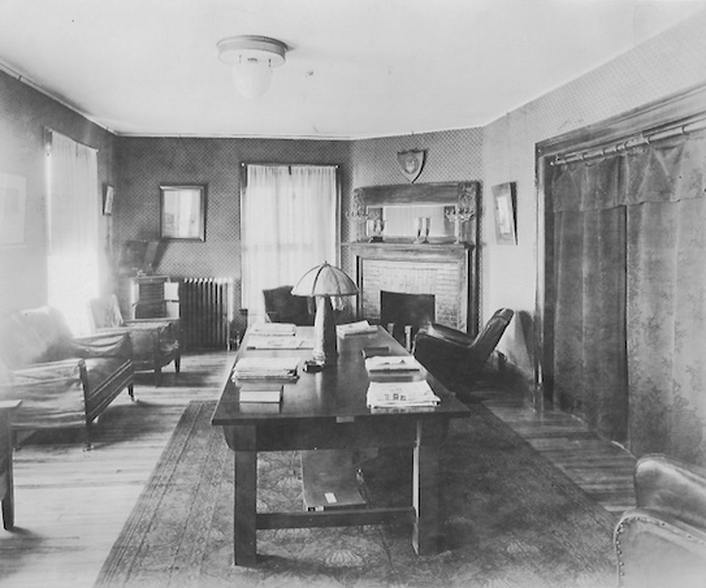
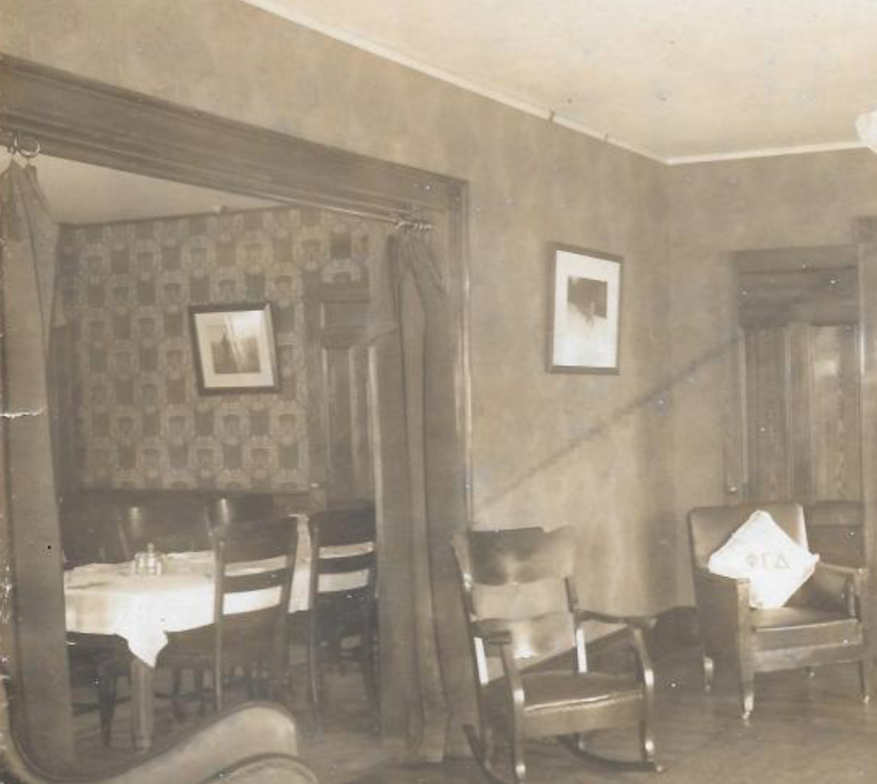
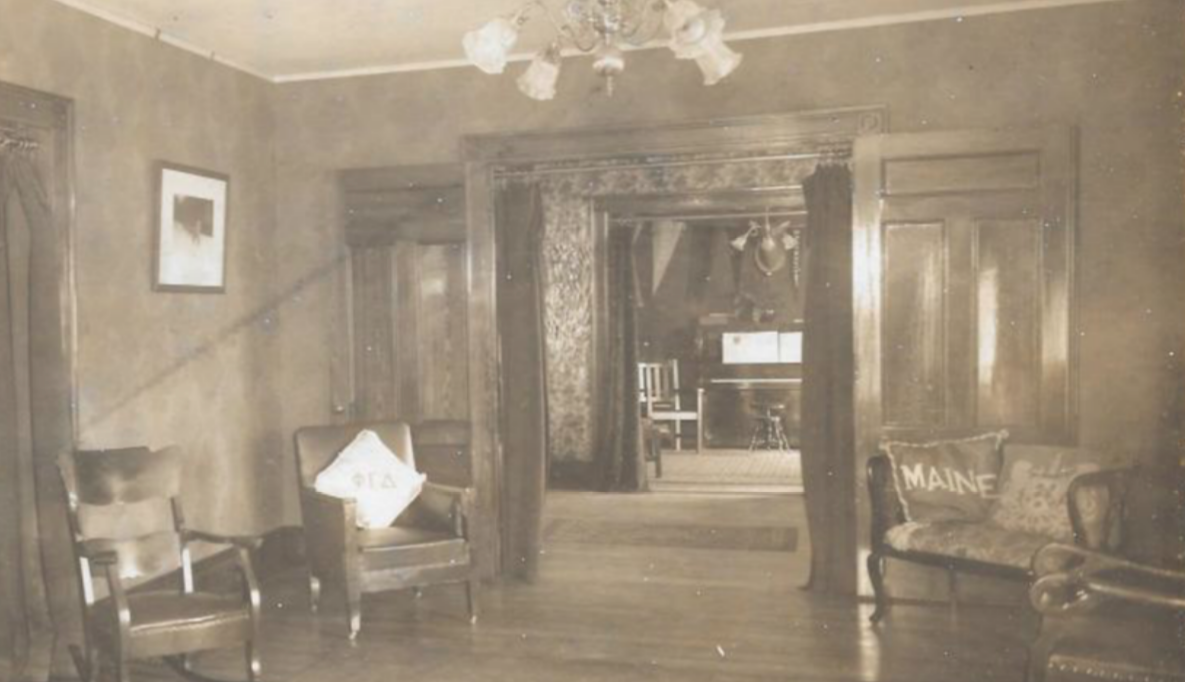
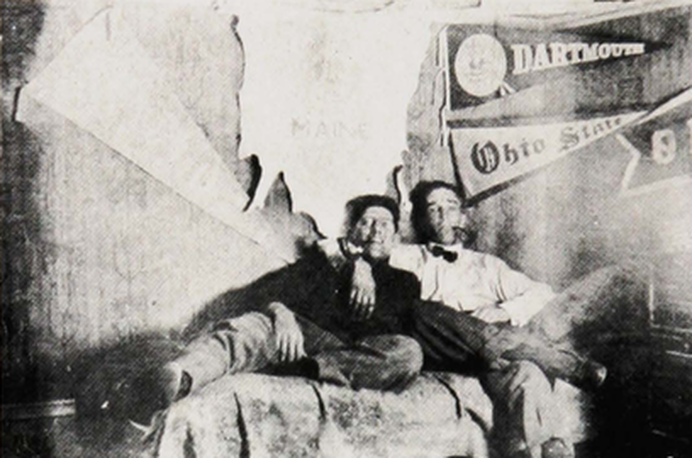
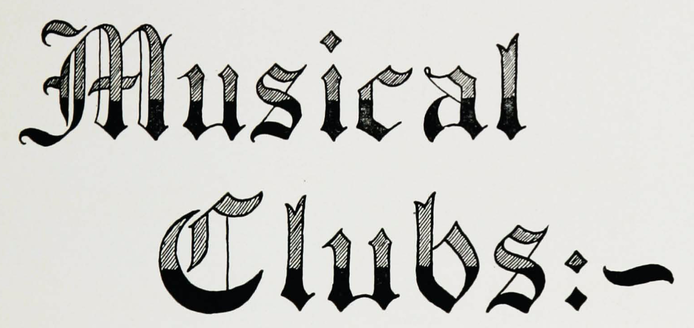



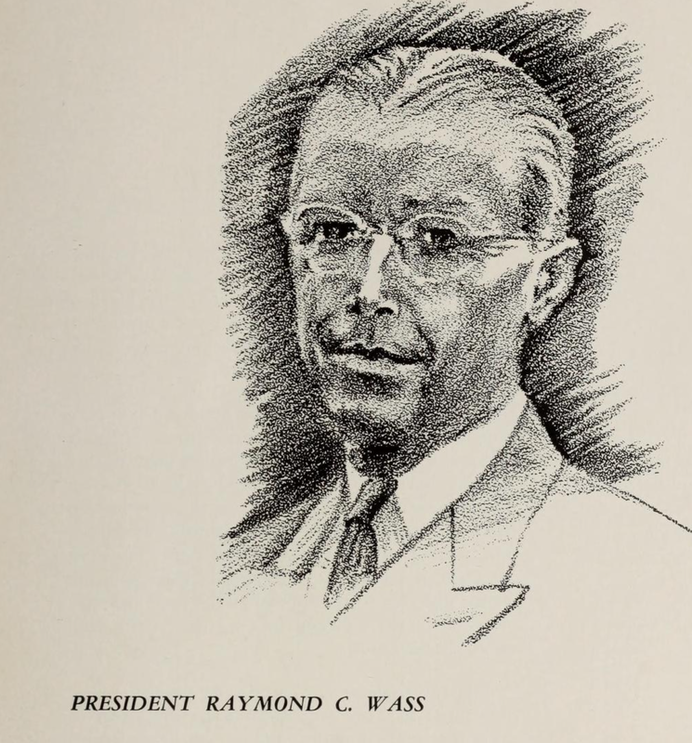
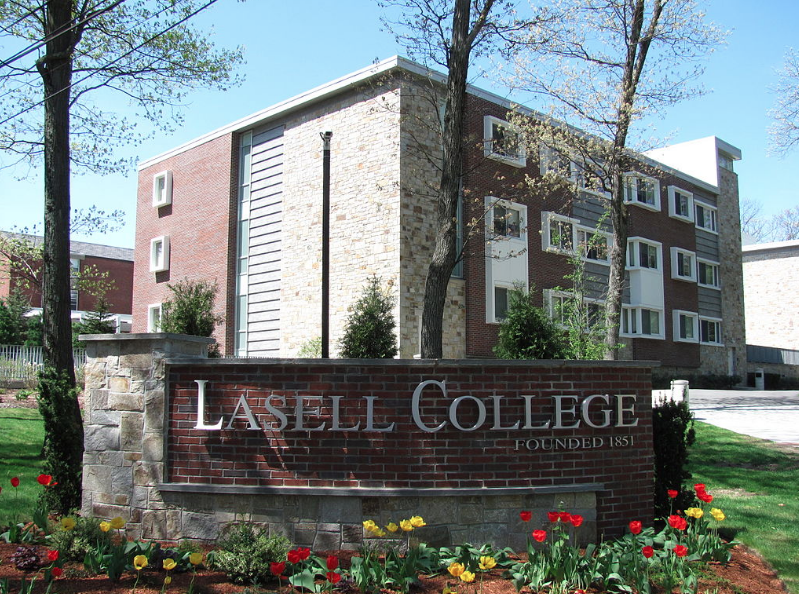
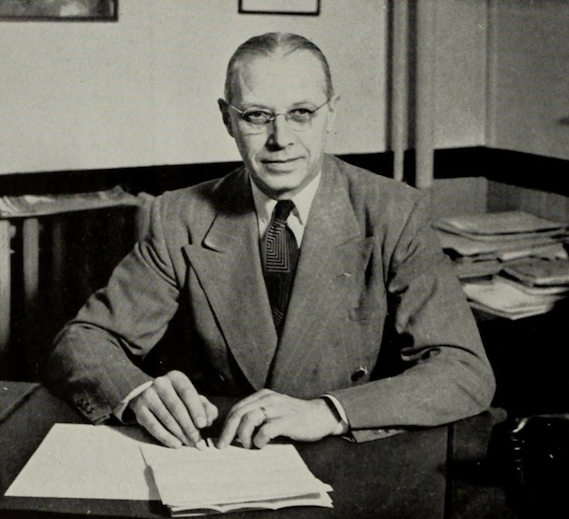
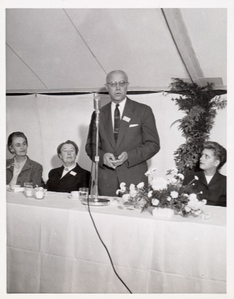
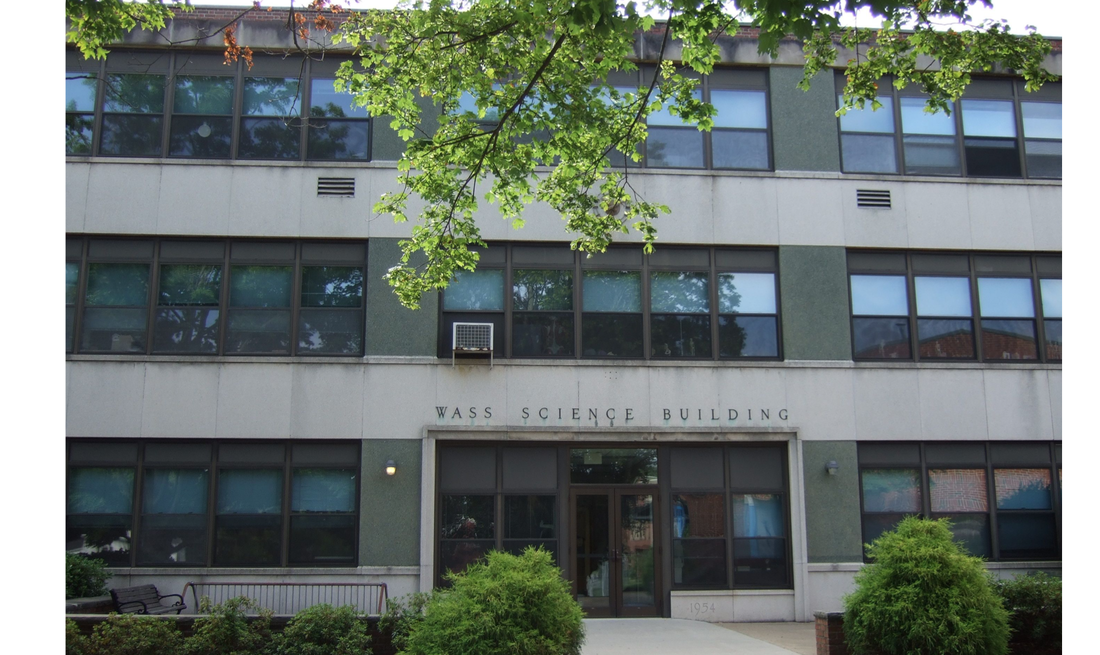
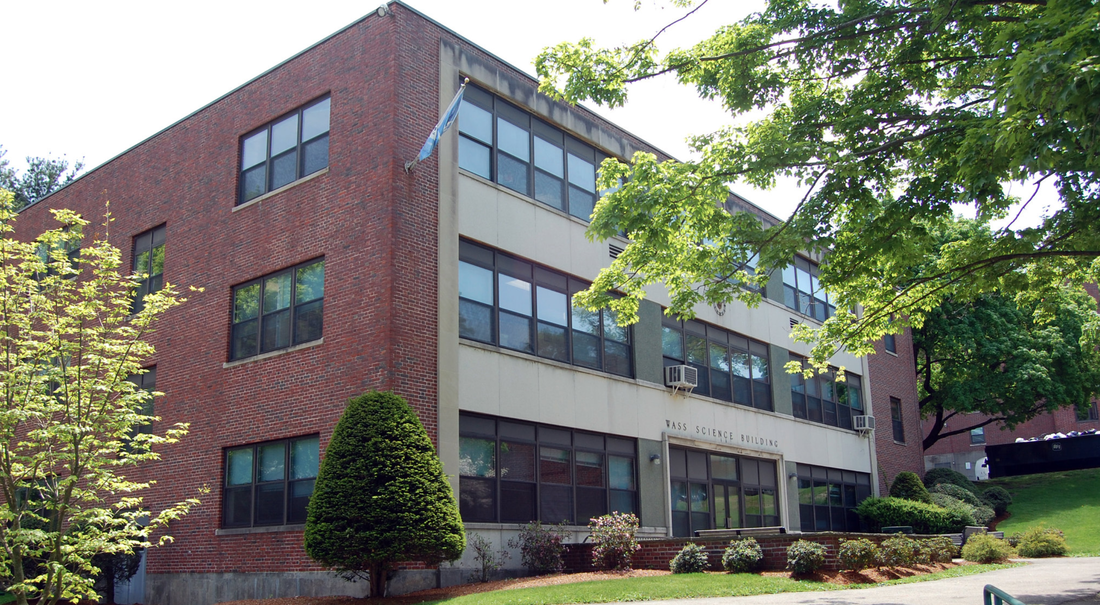

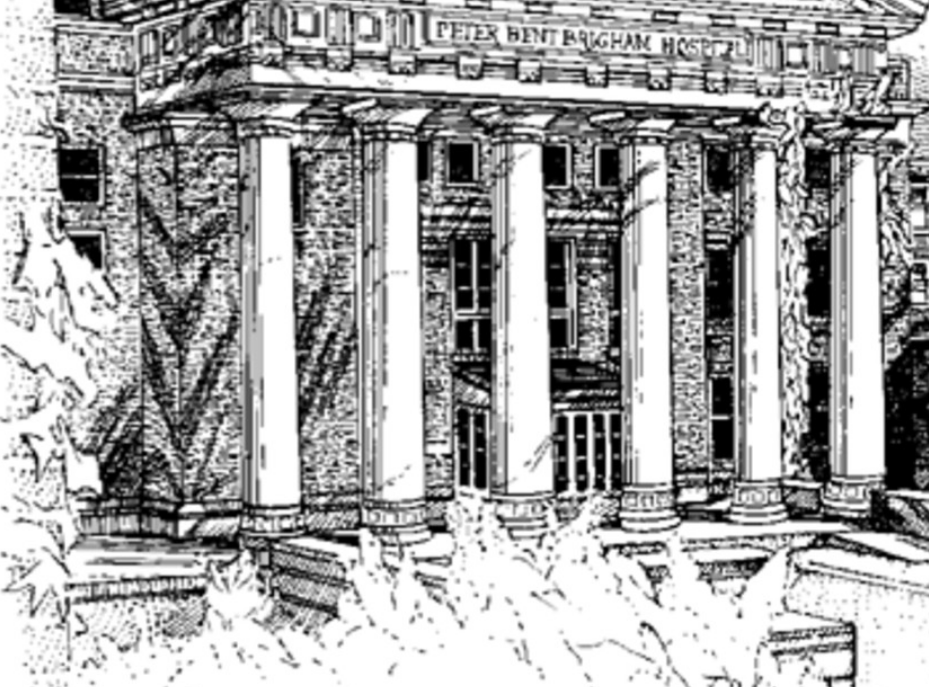

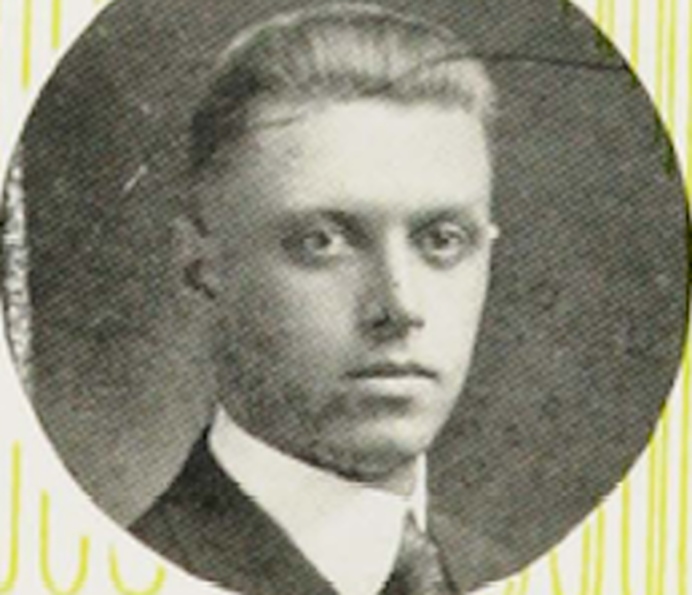
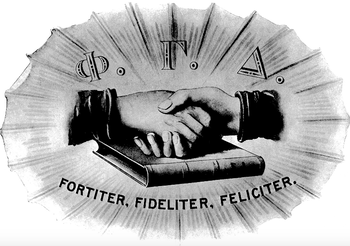


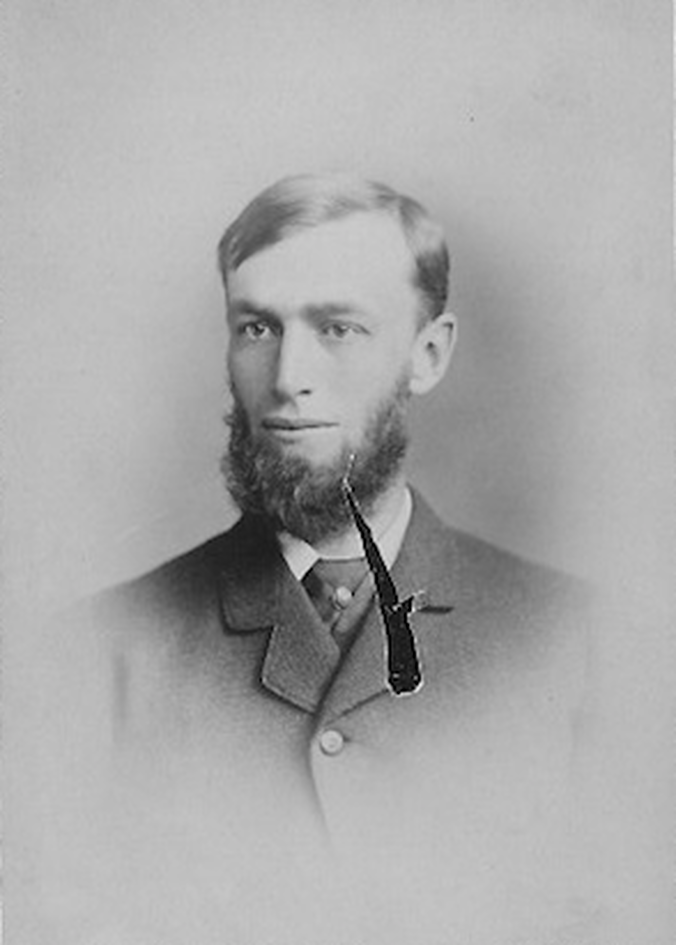


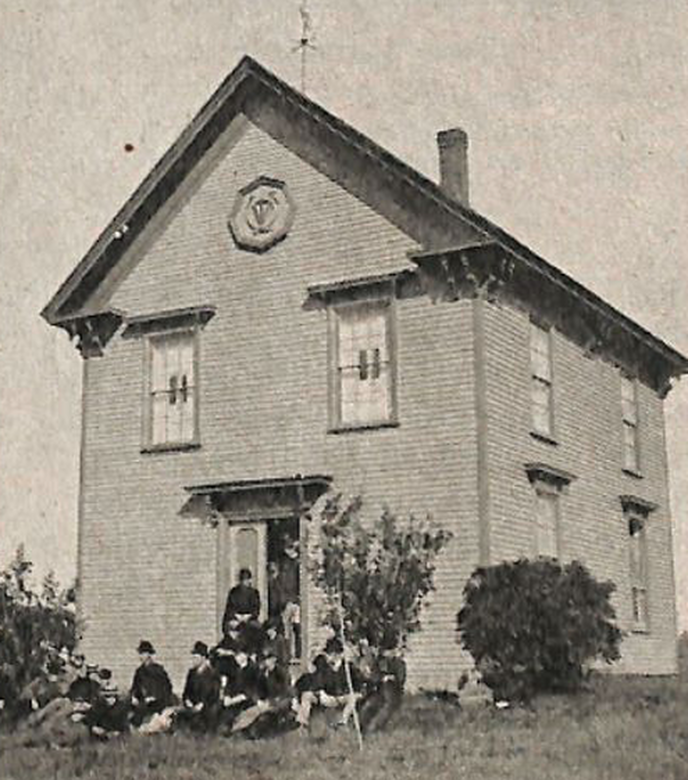
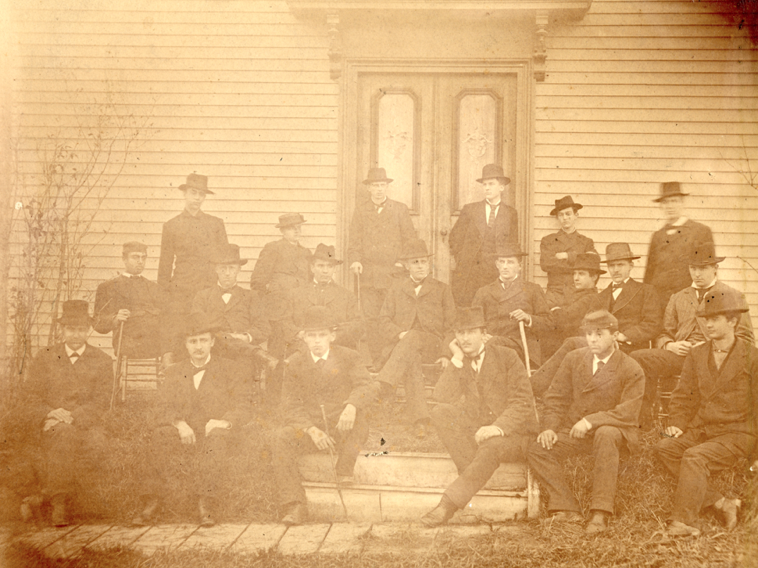
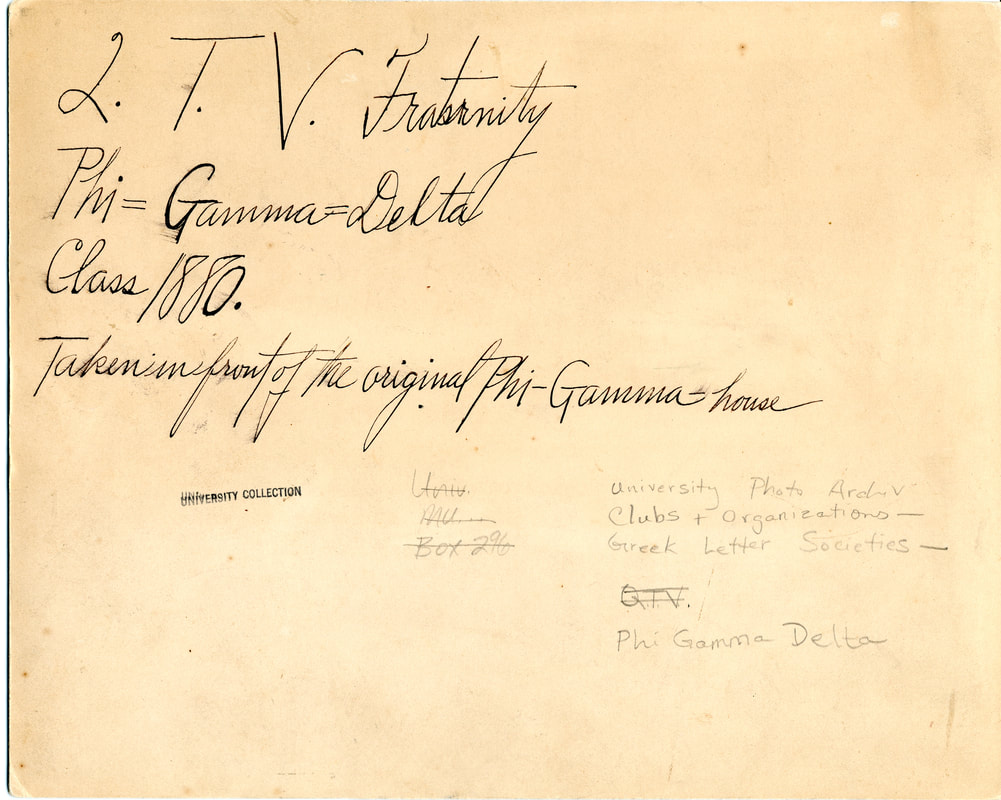
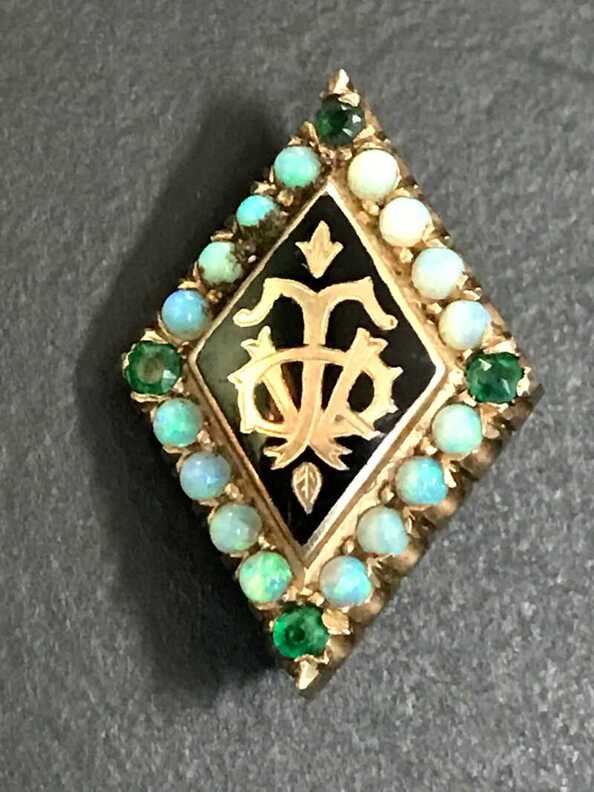
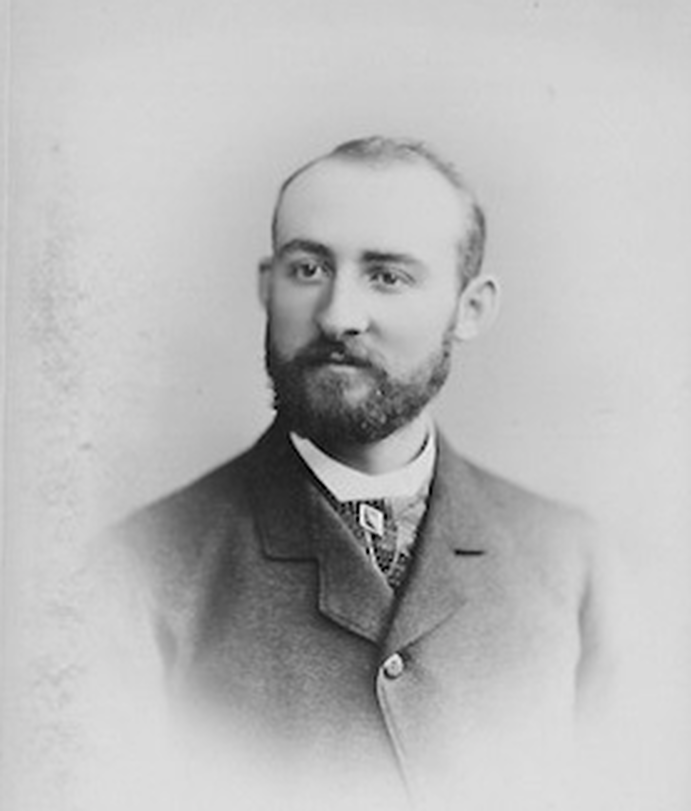

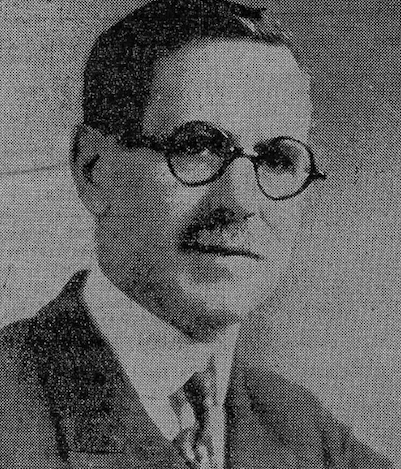

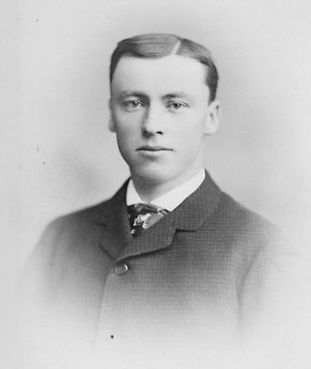

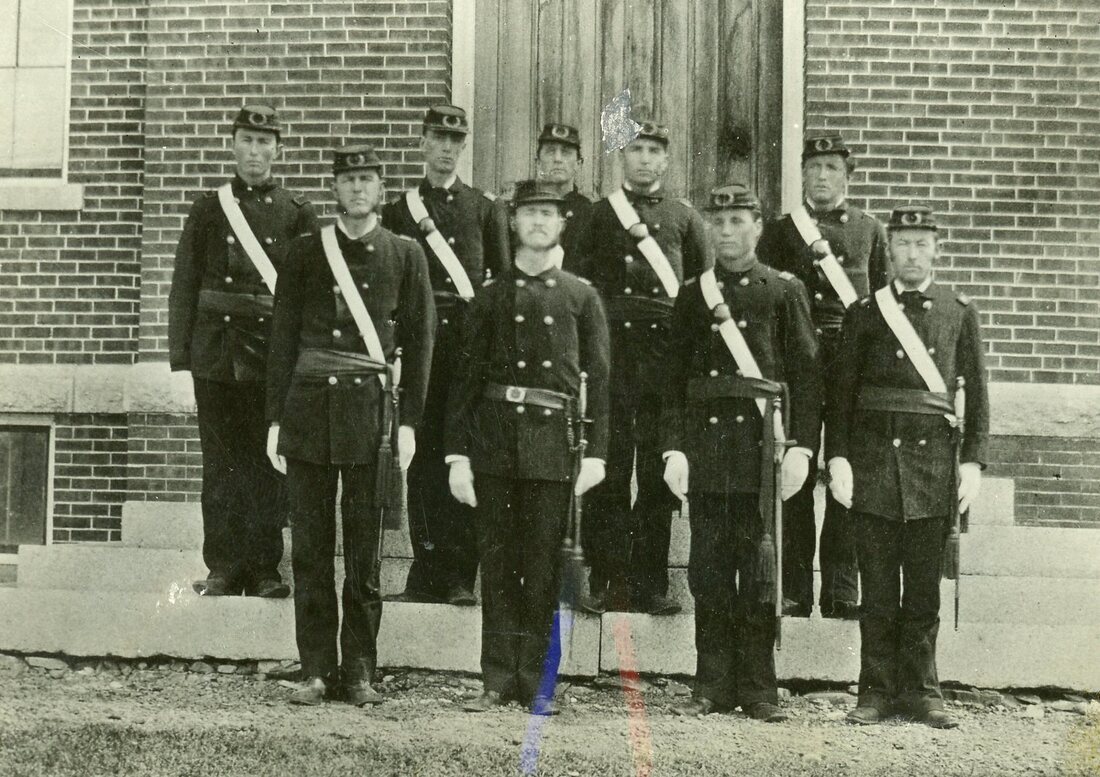
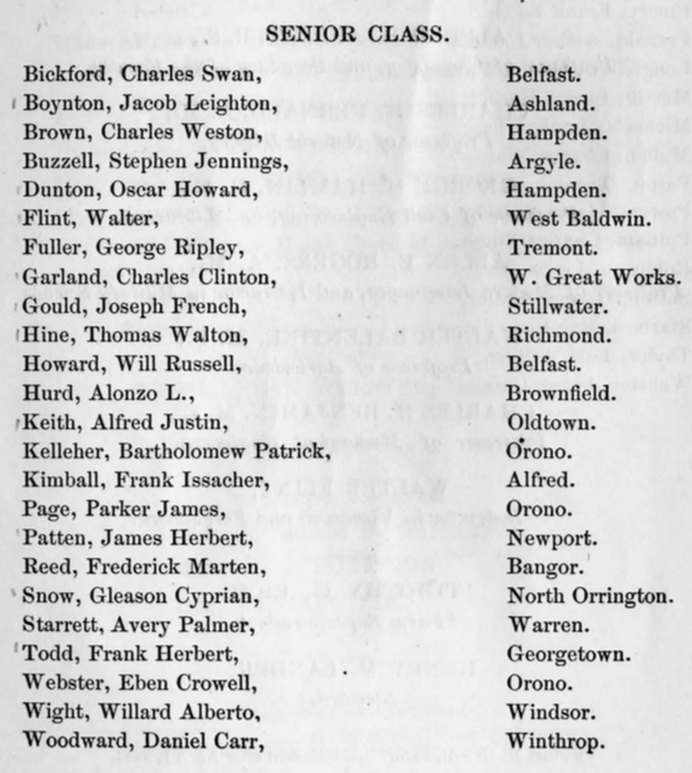
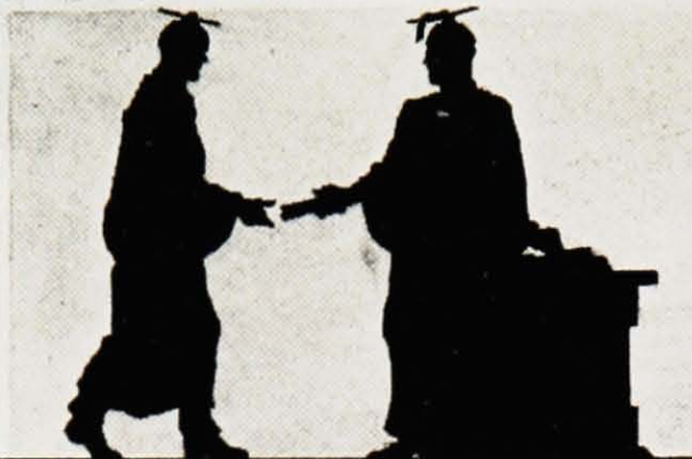

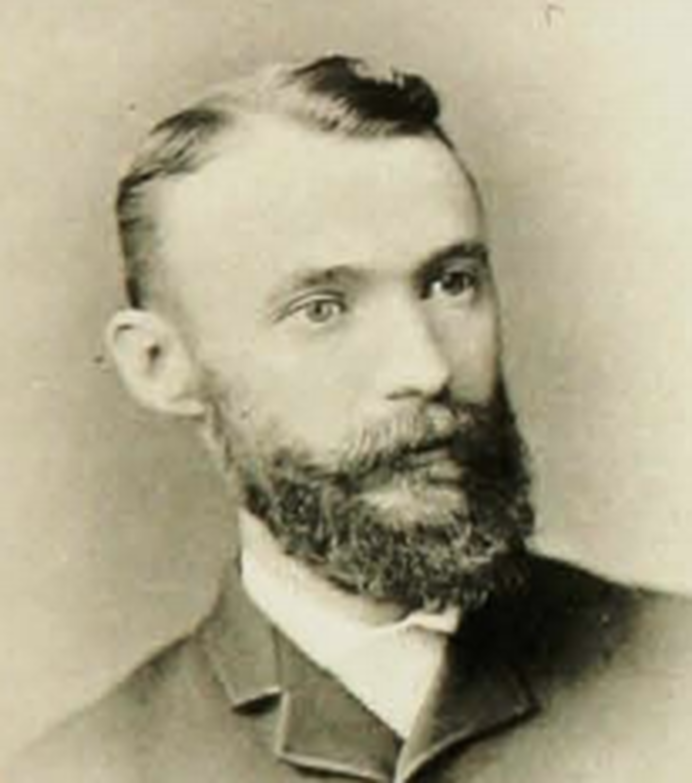
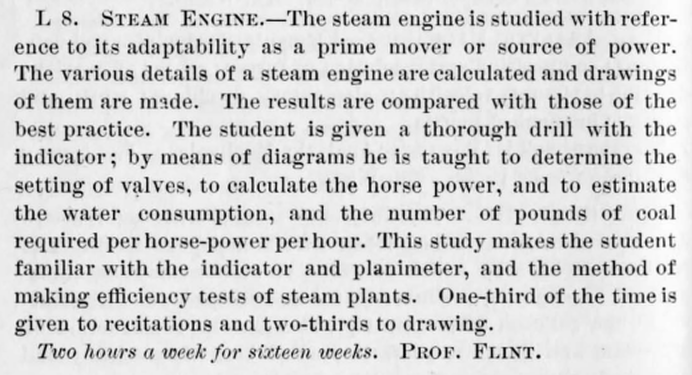
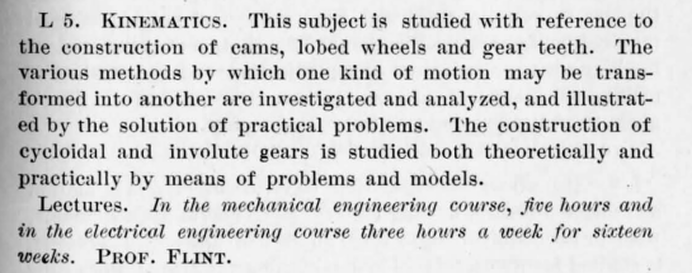
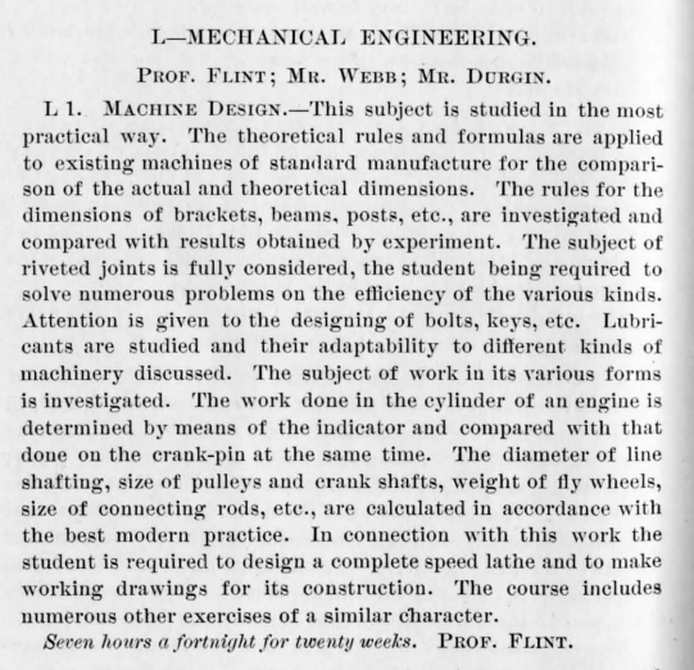

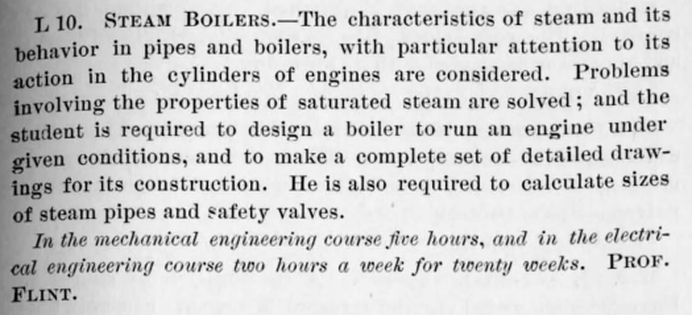
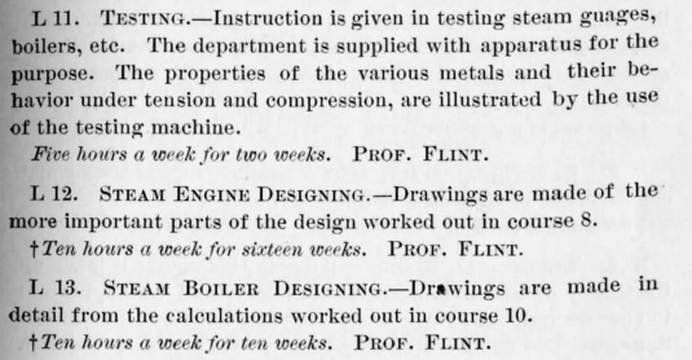
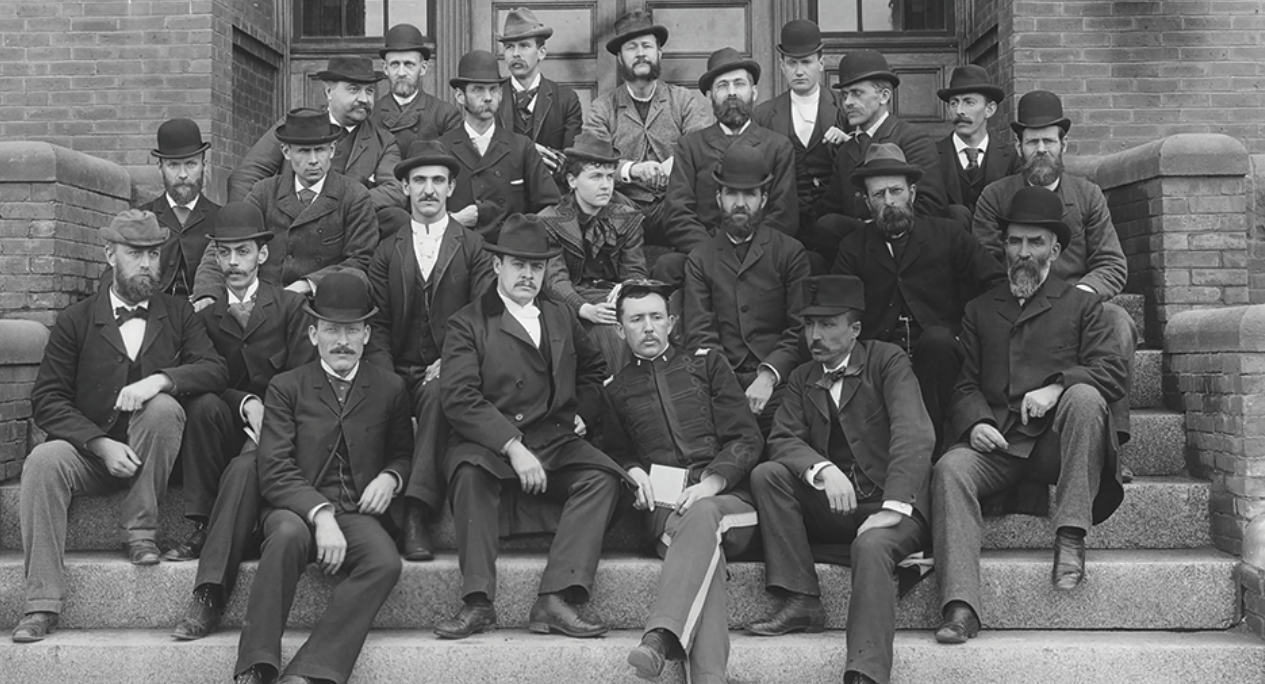
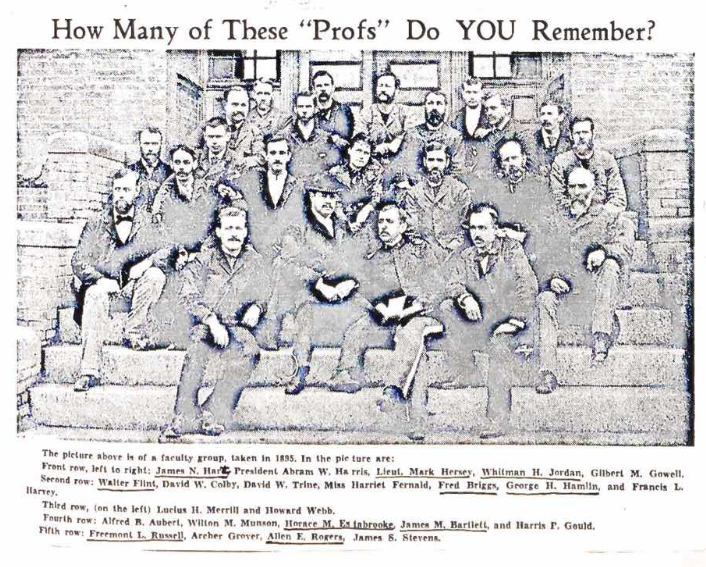

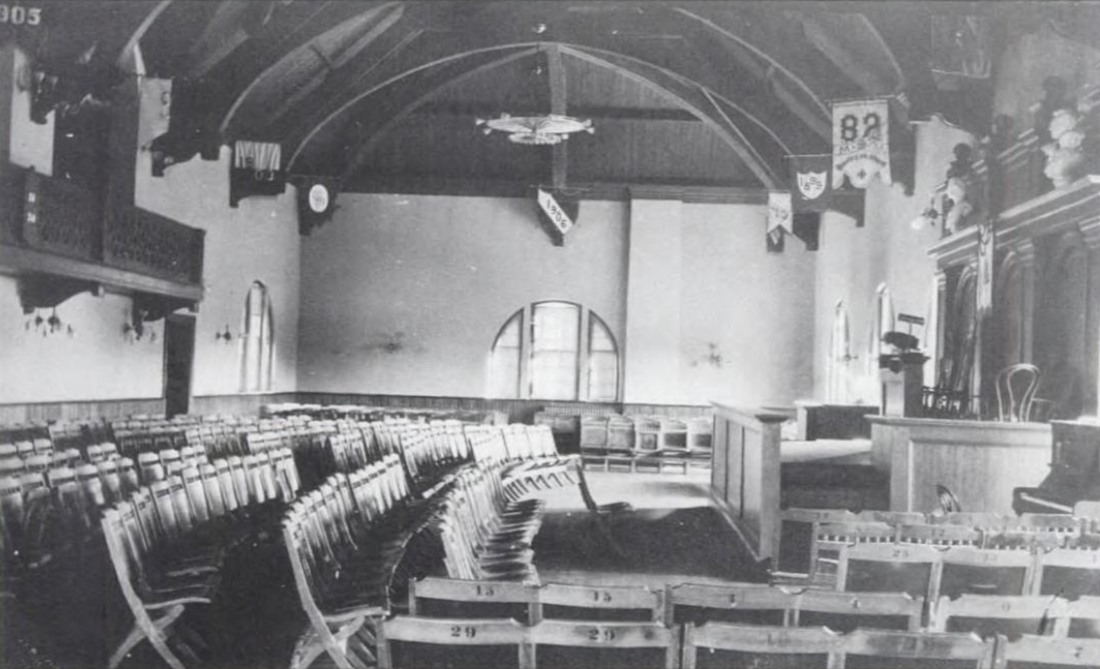


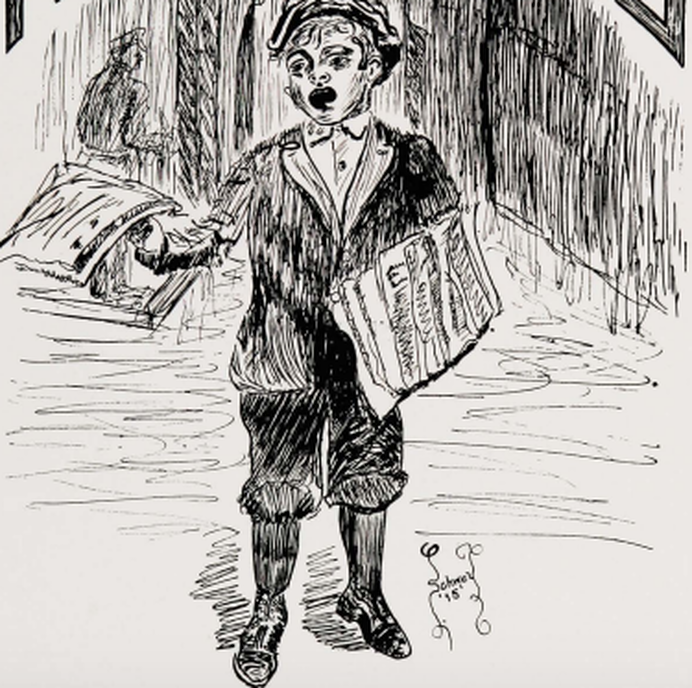
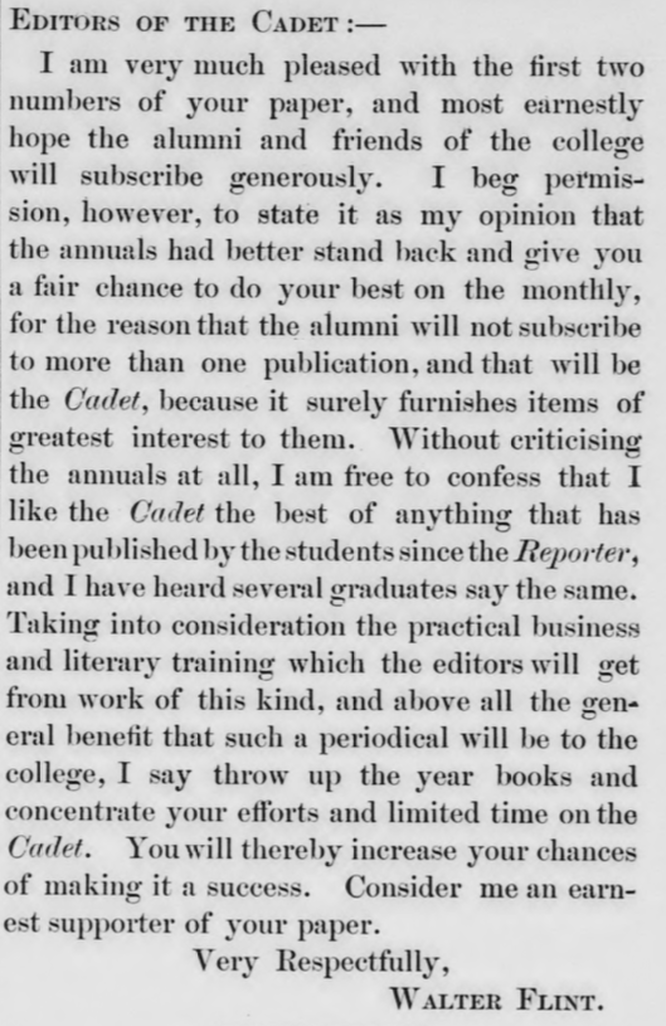


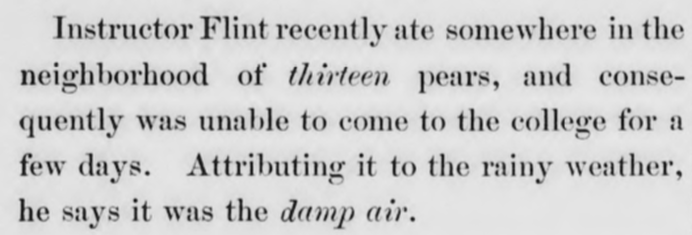


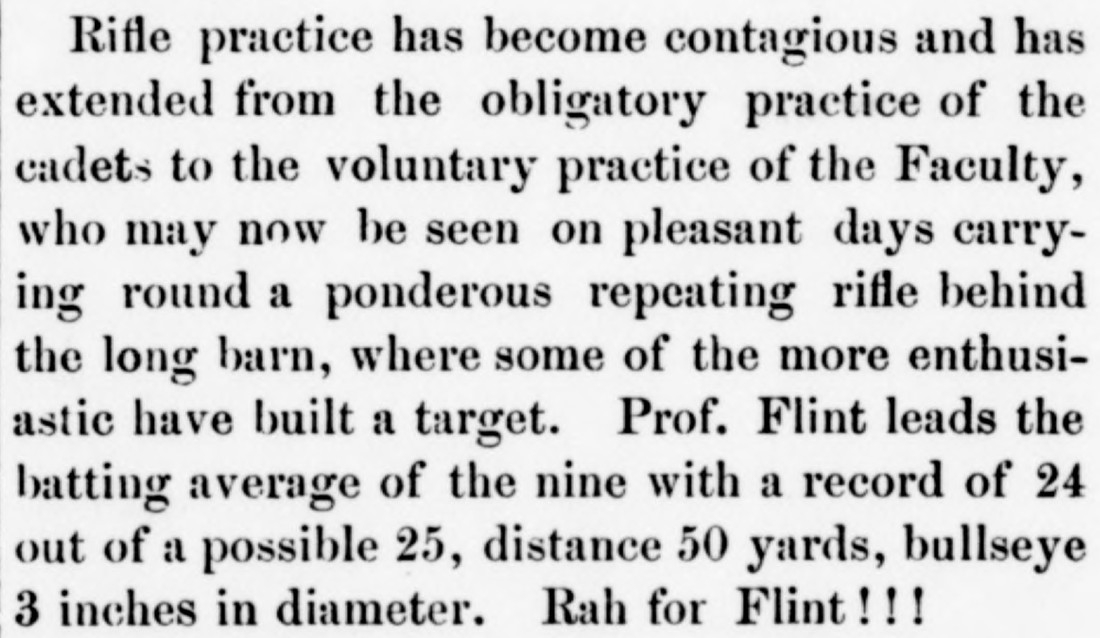
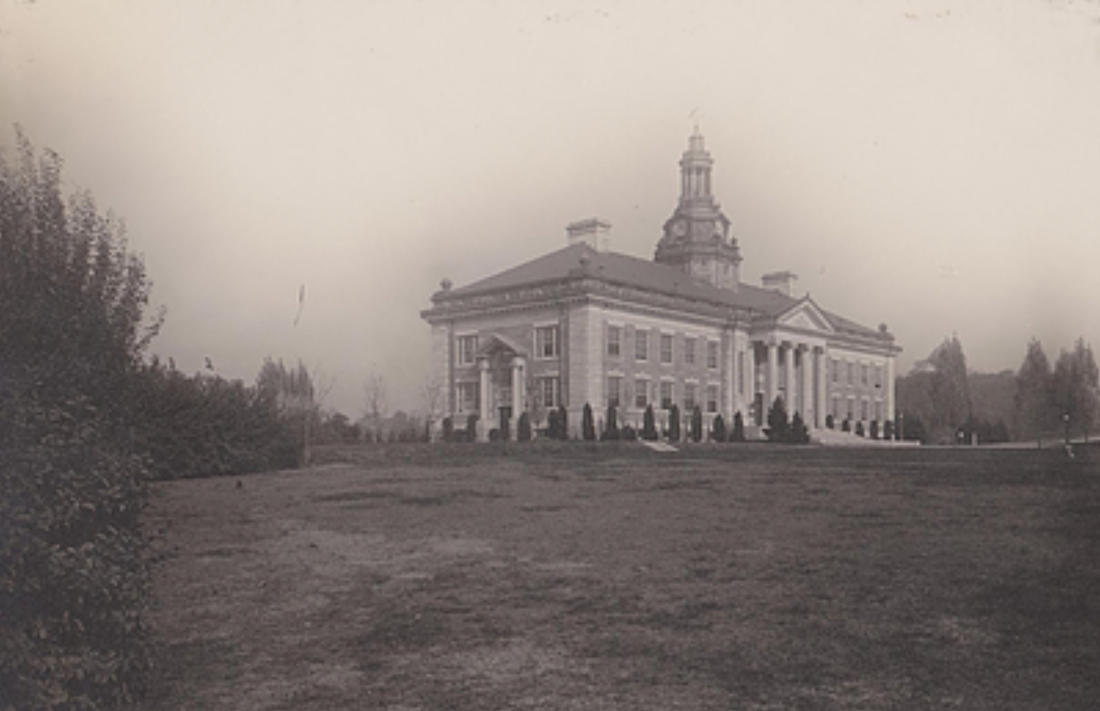
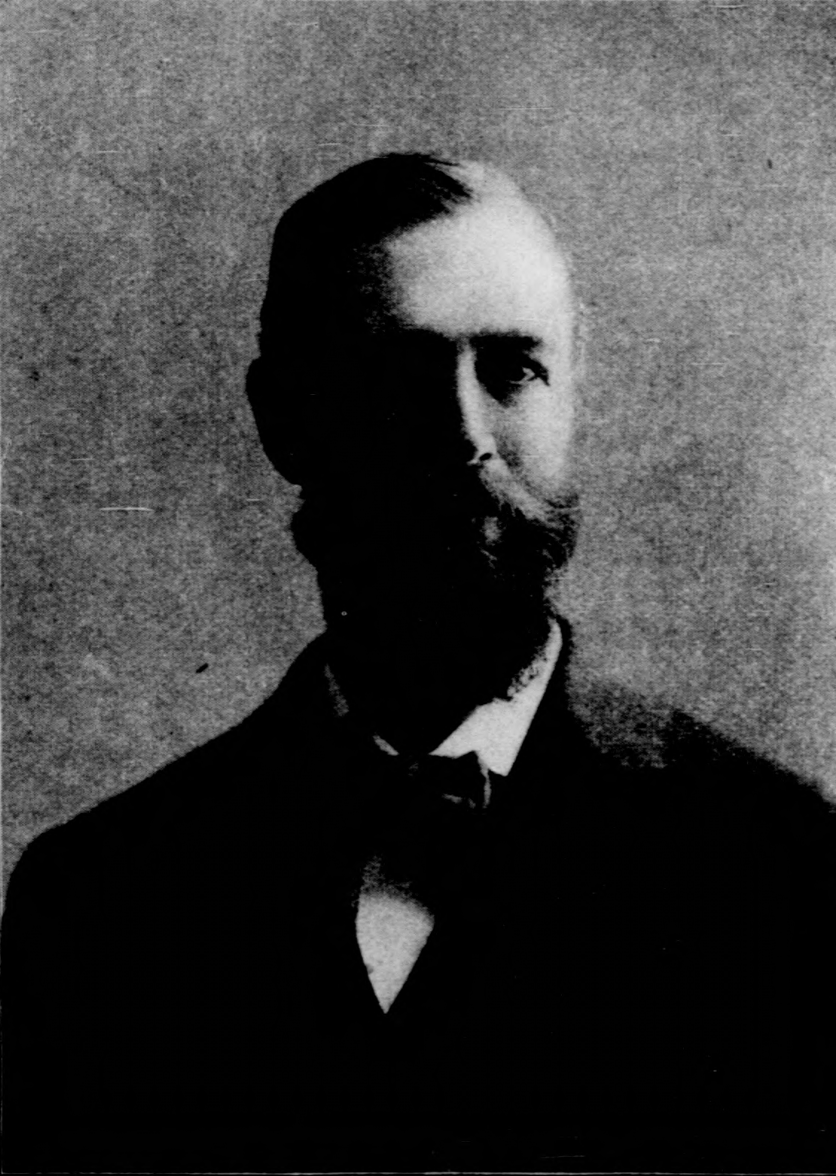

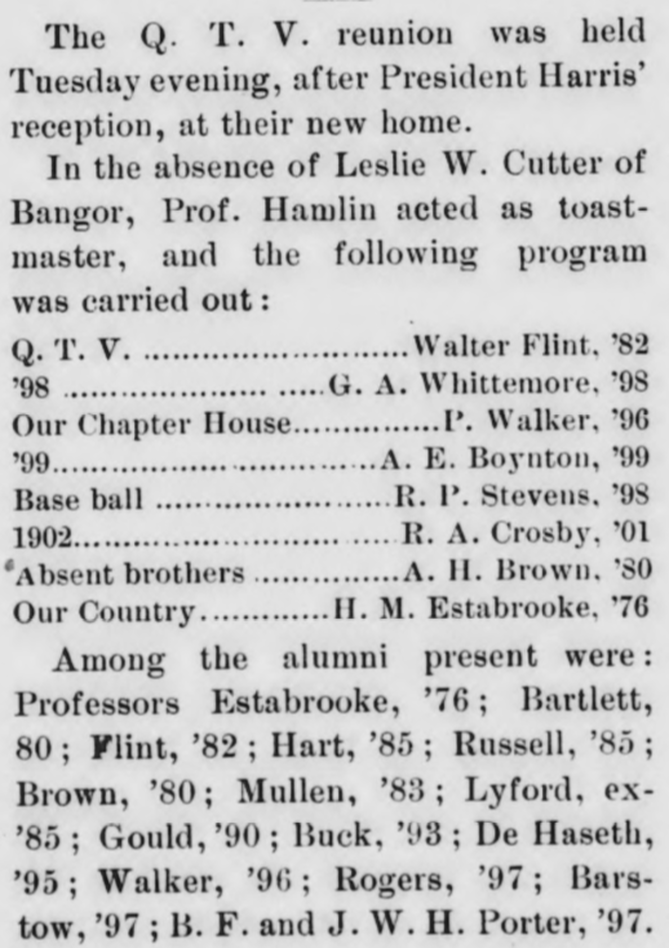
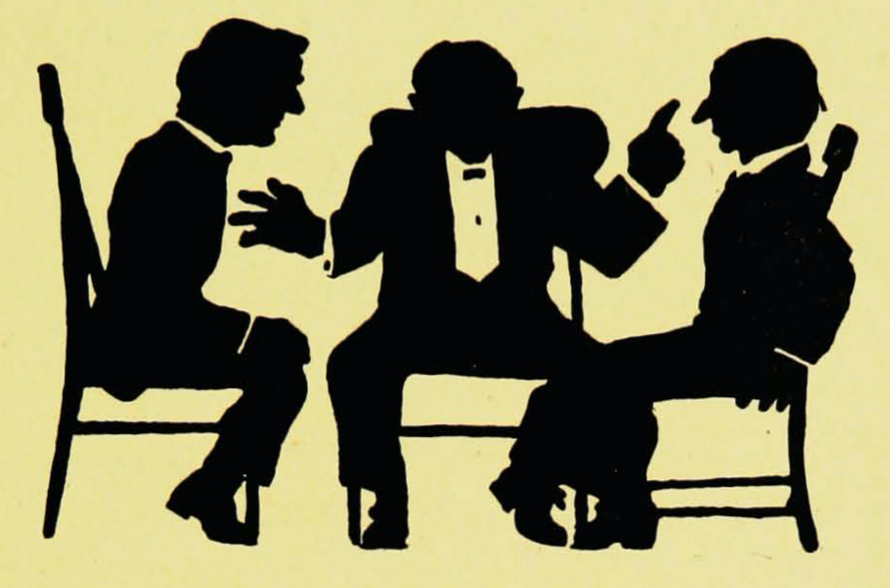
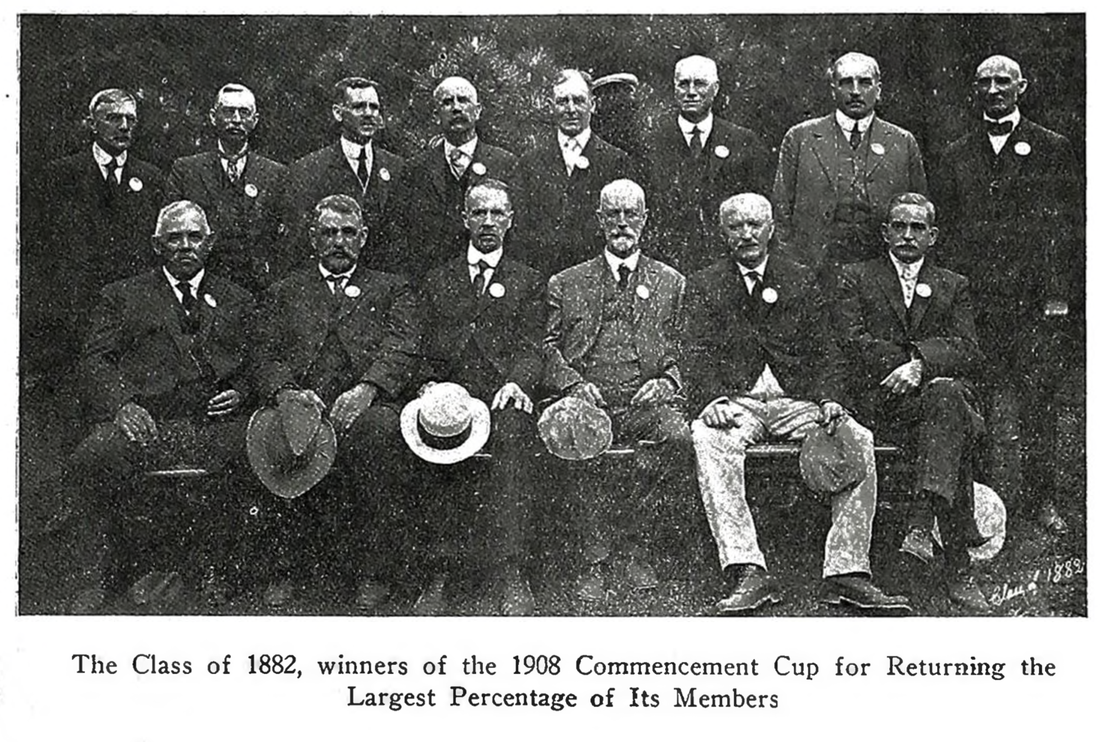
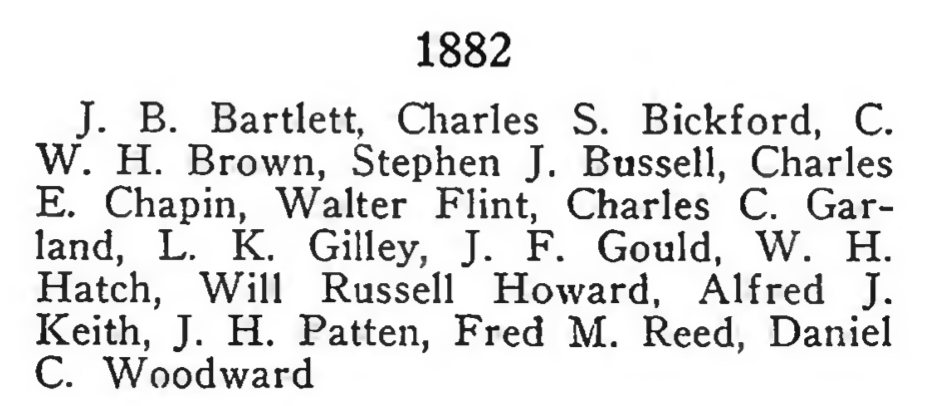
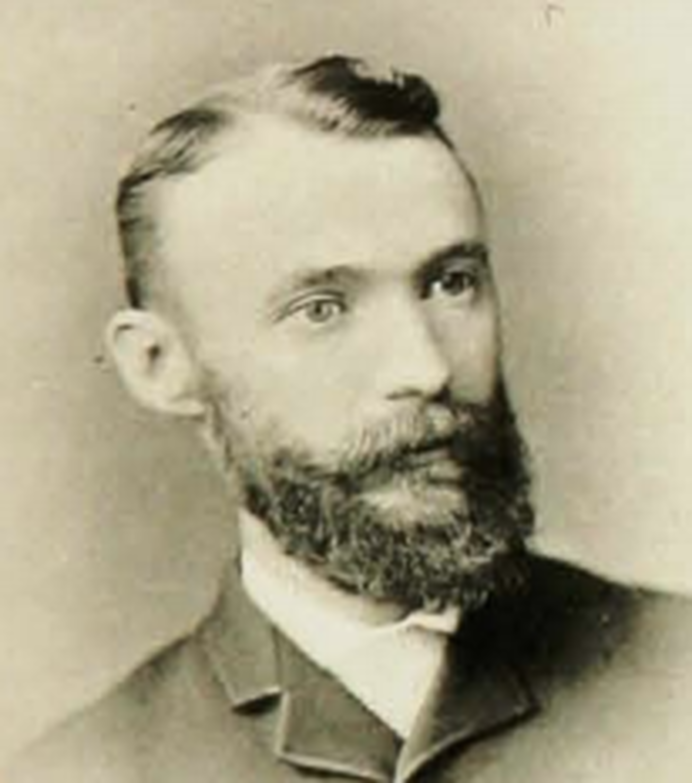
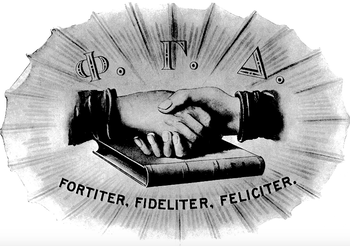


 RSS Feed
RSS Feed